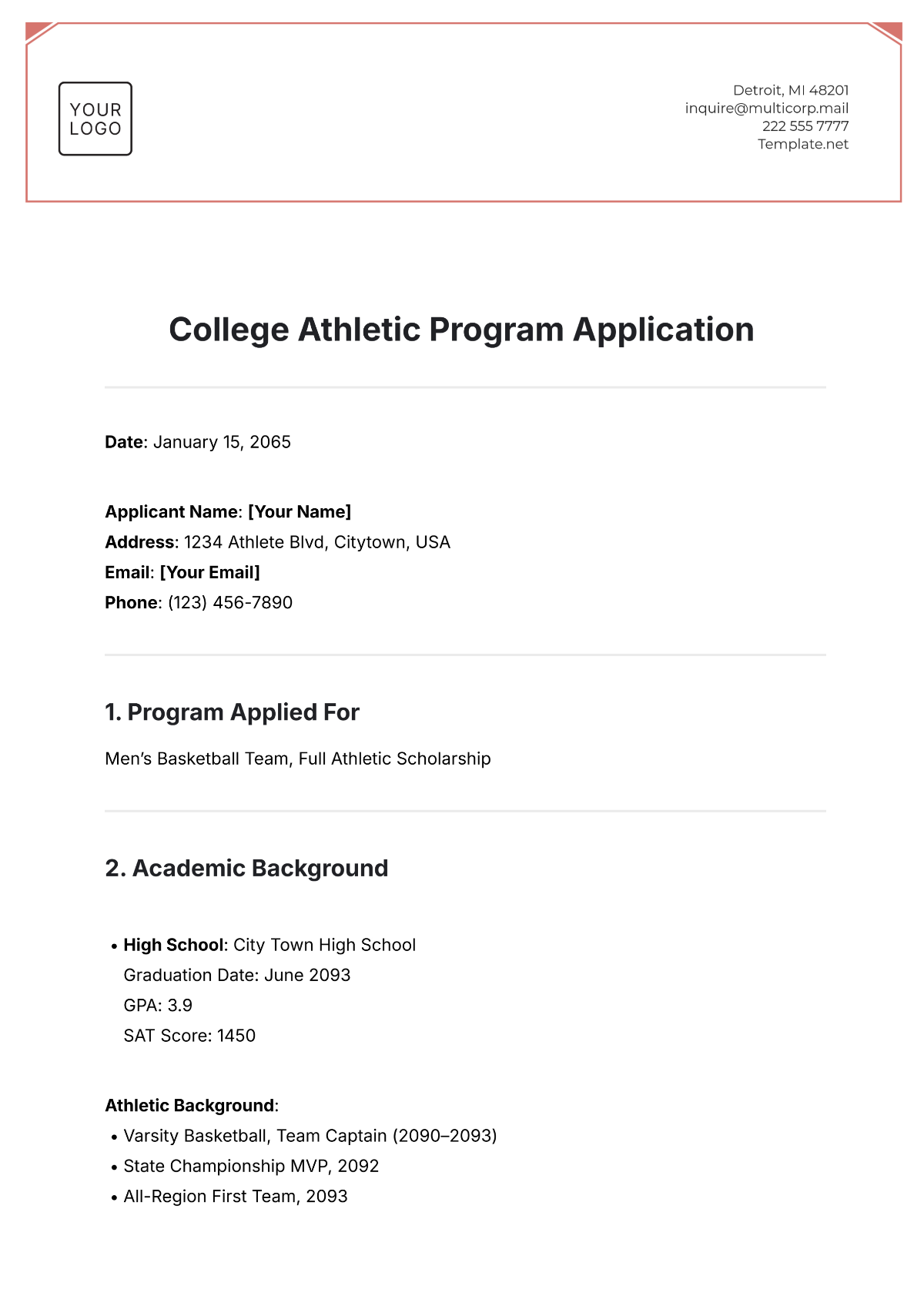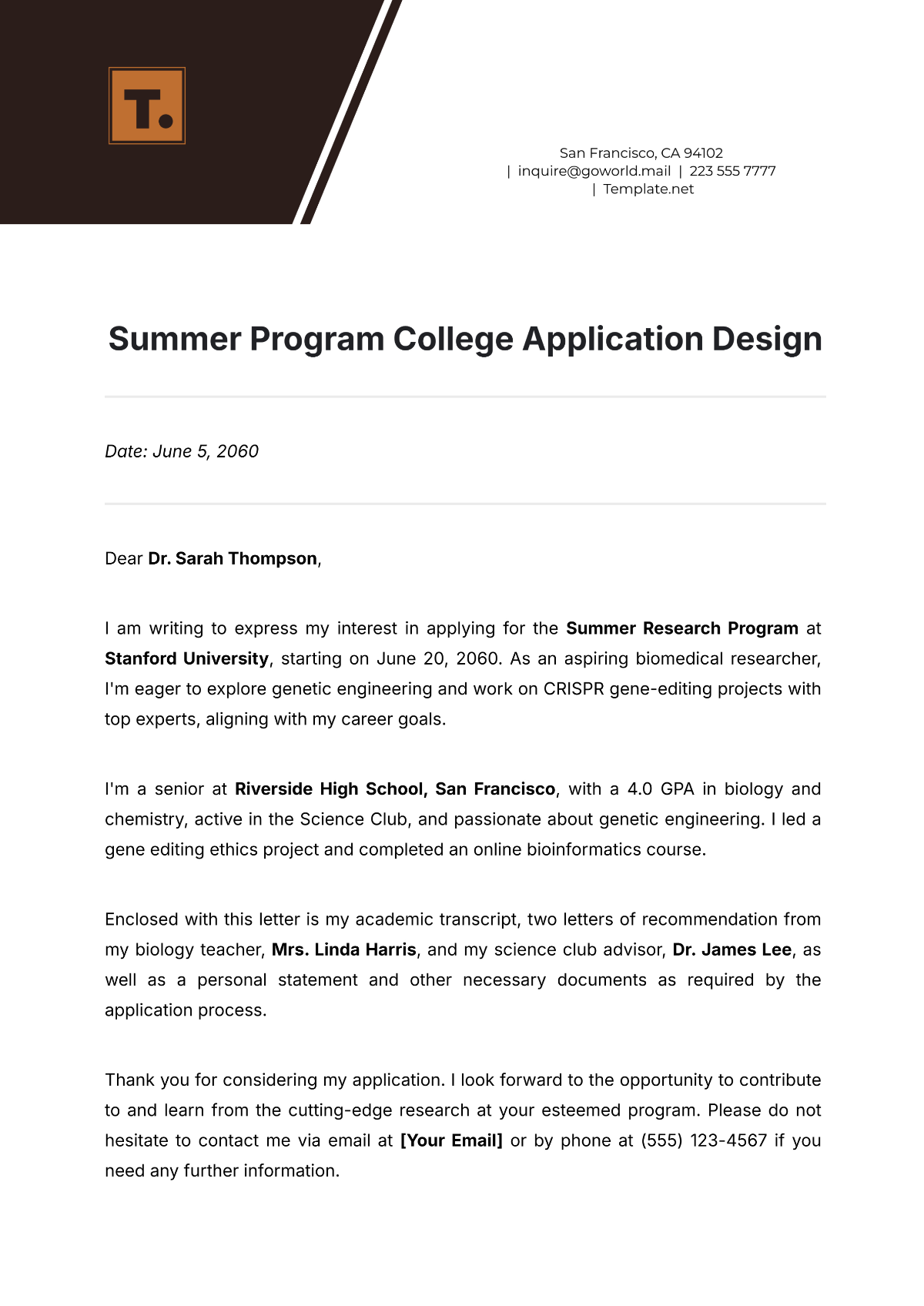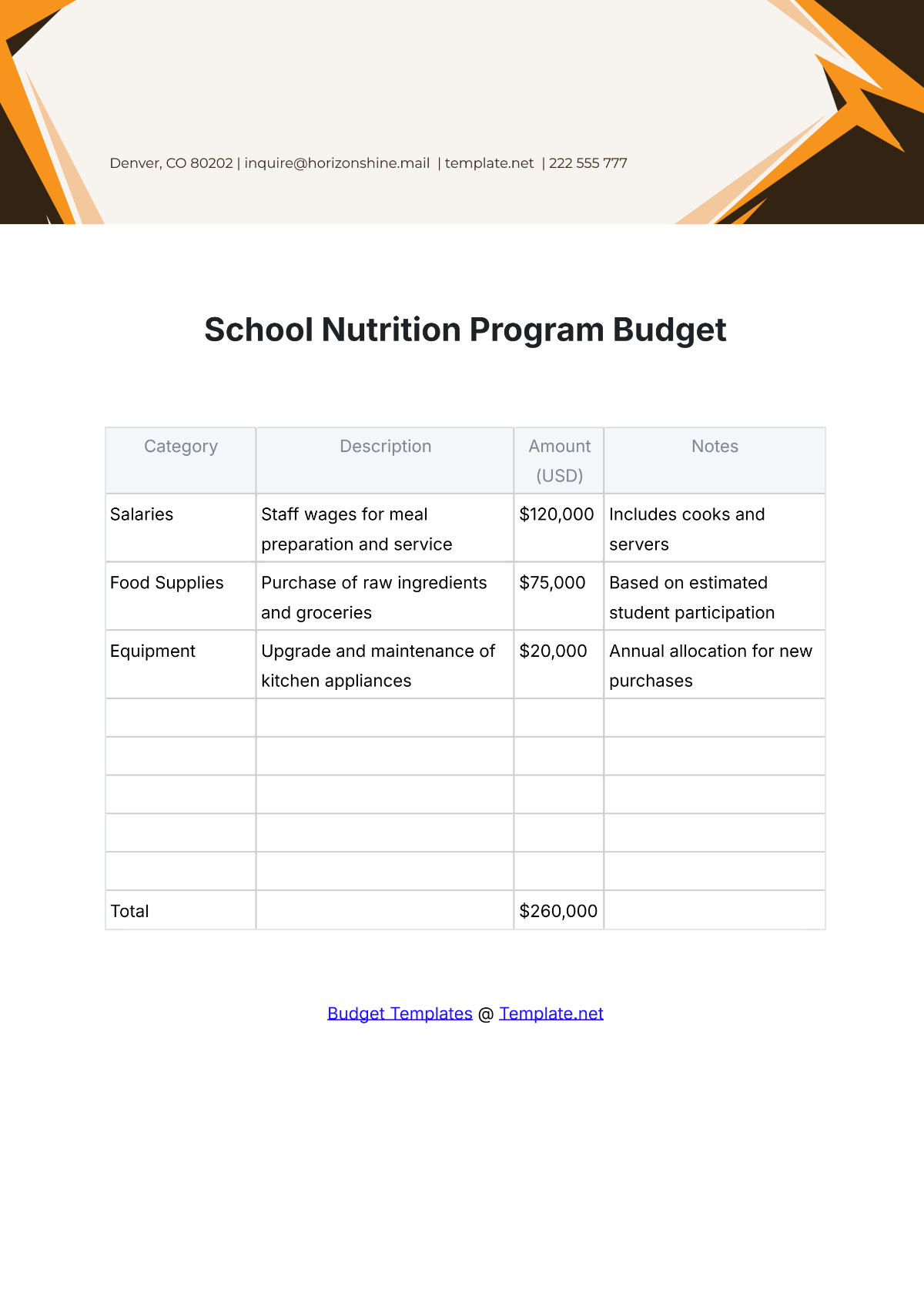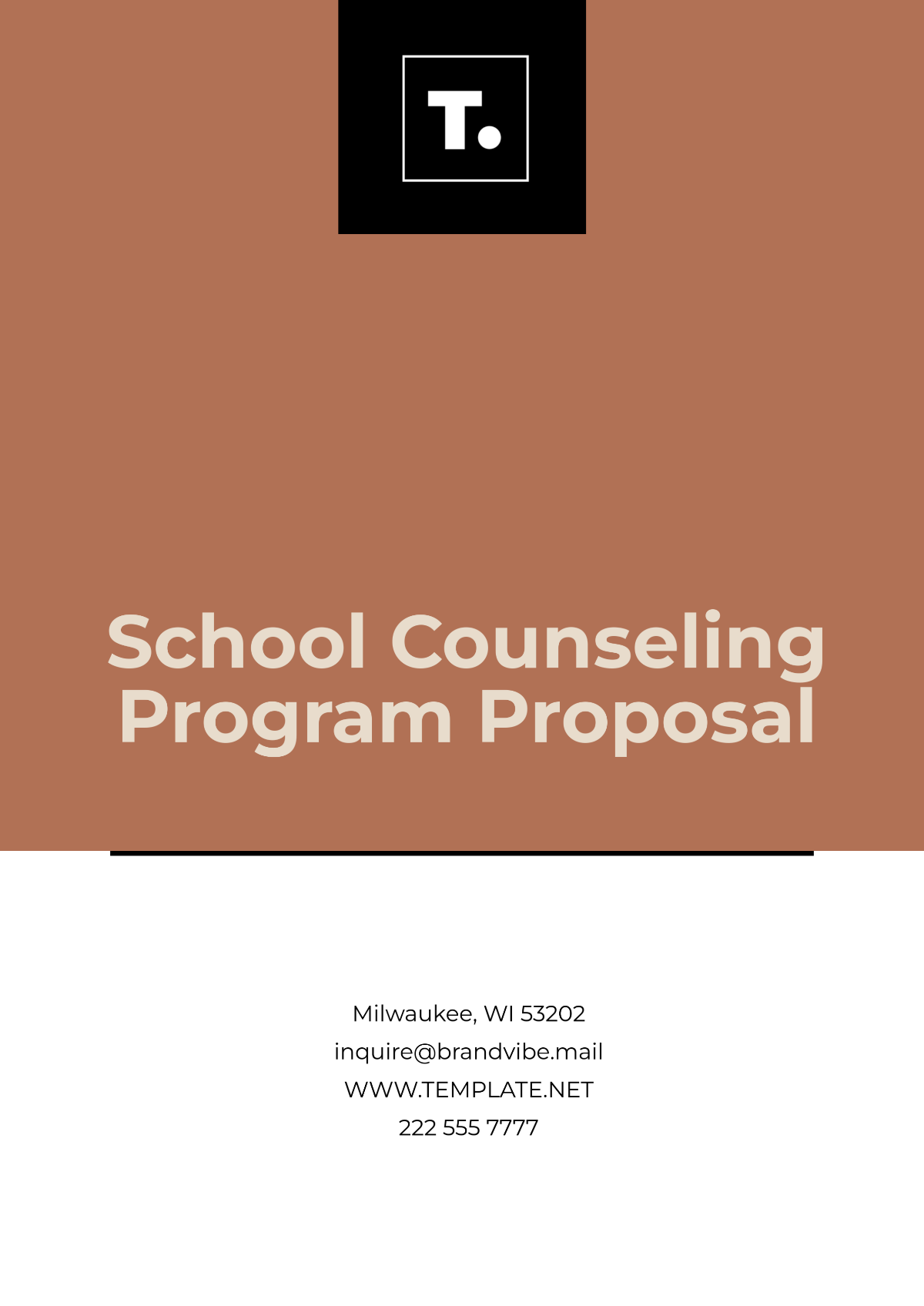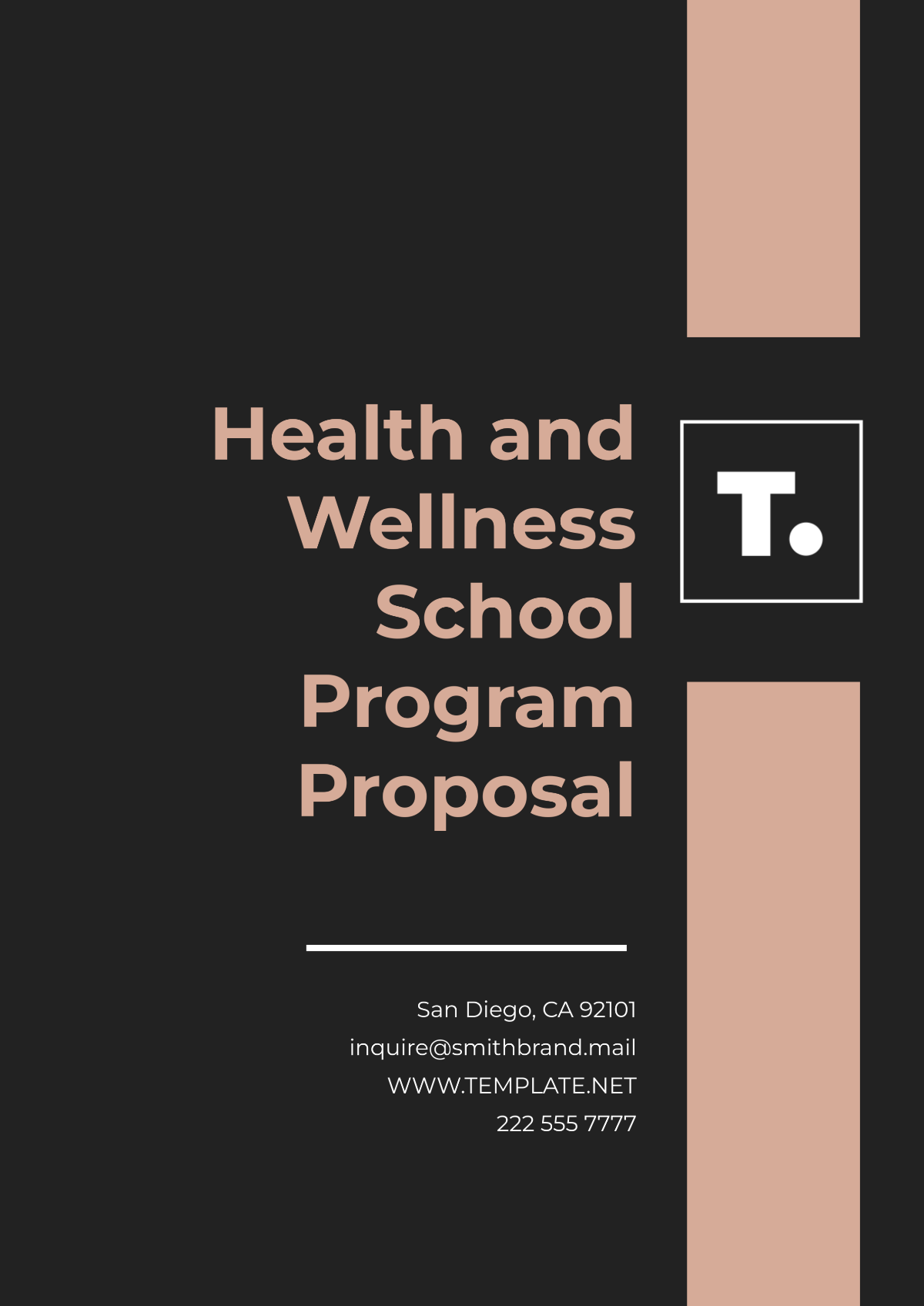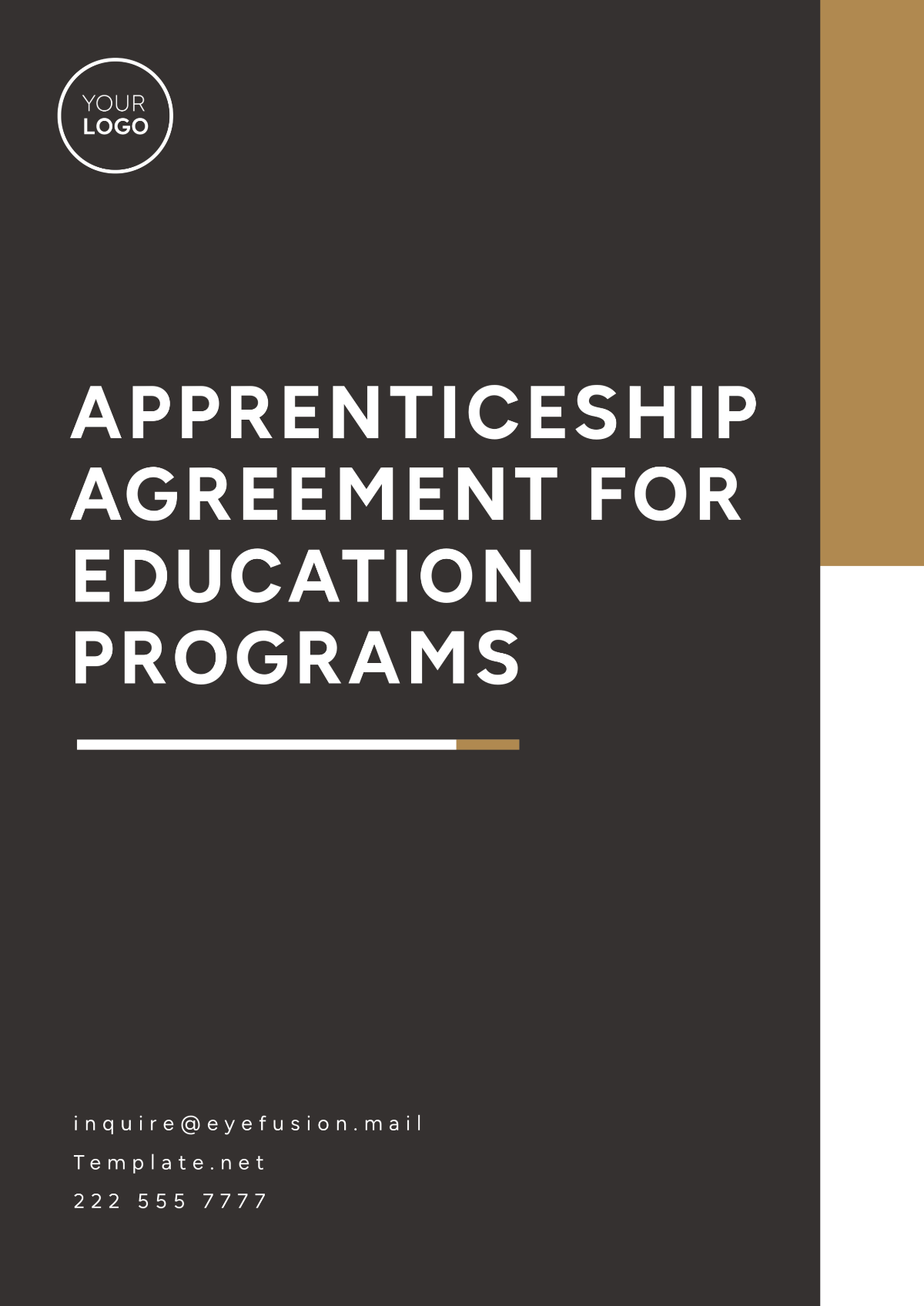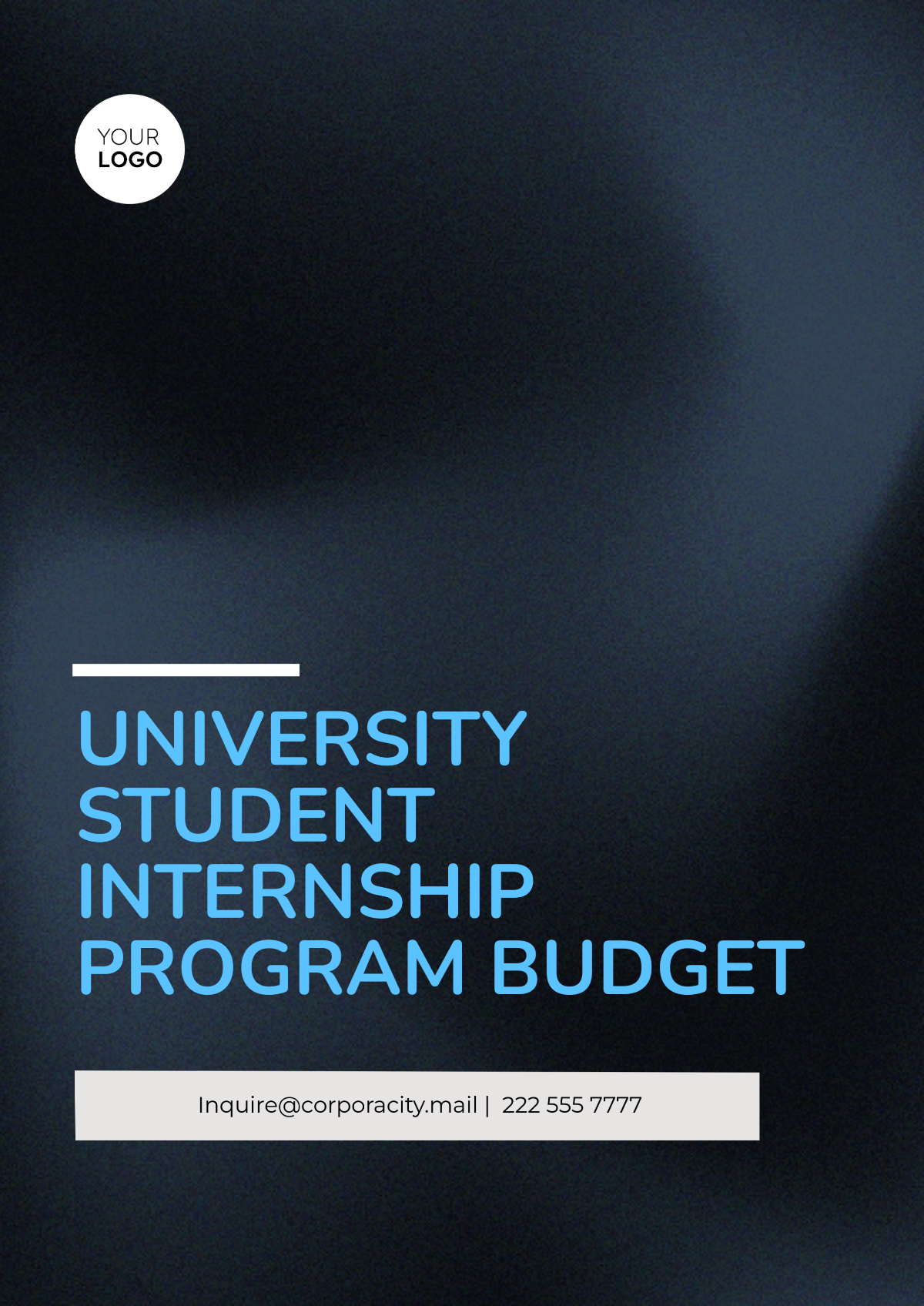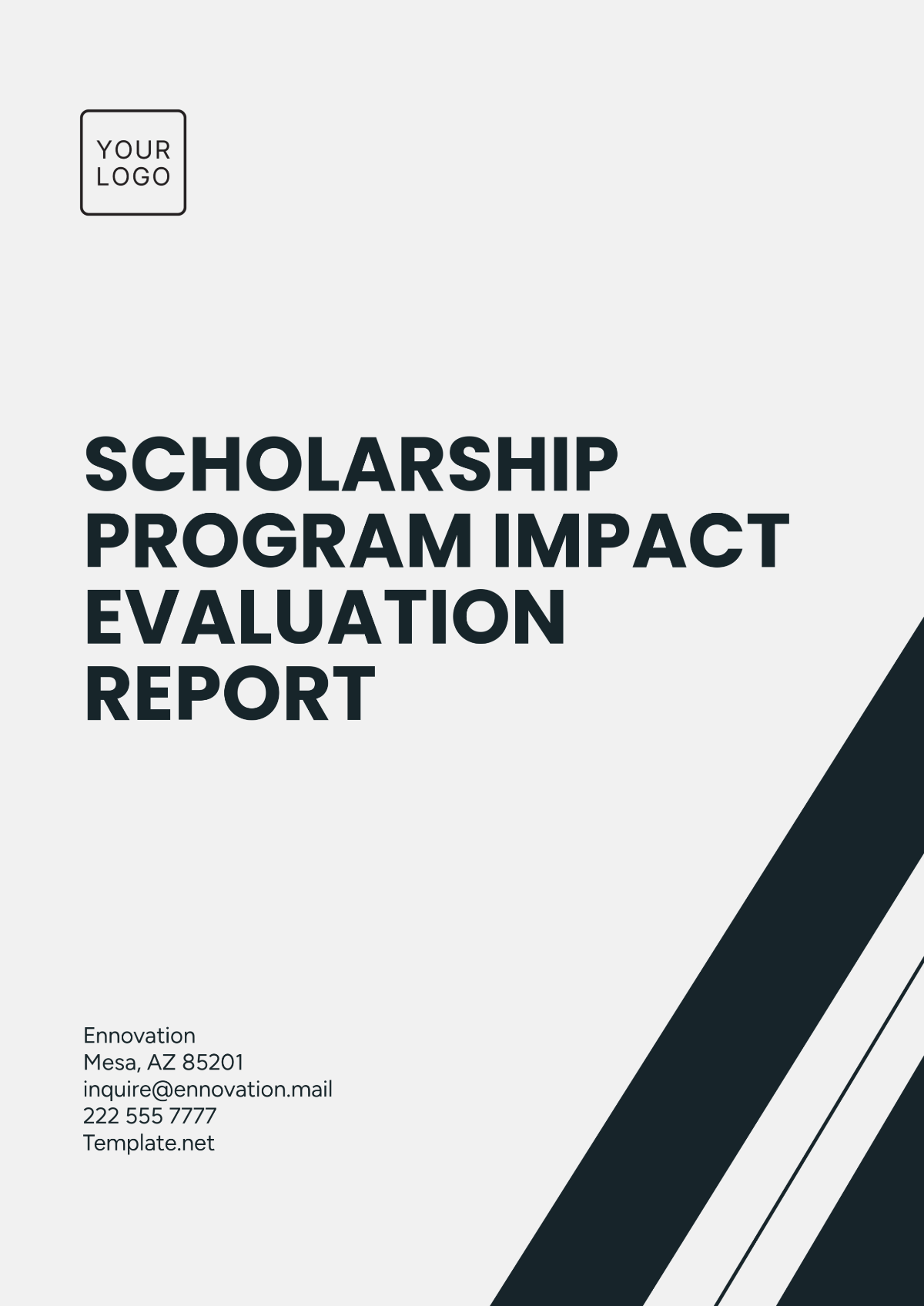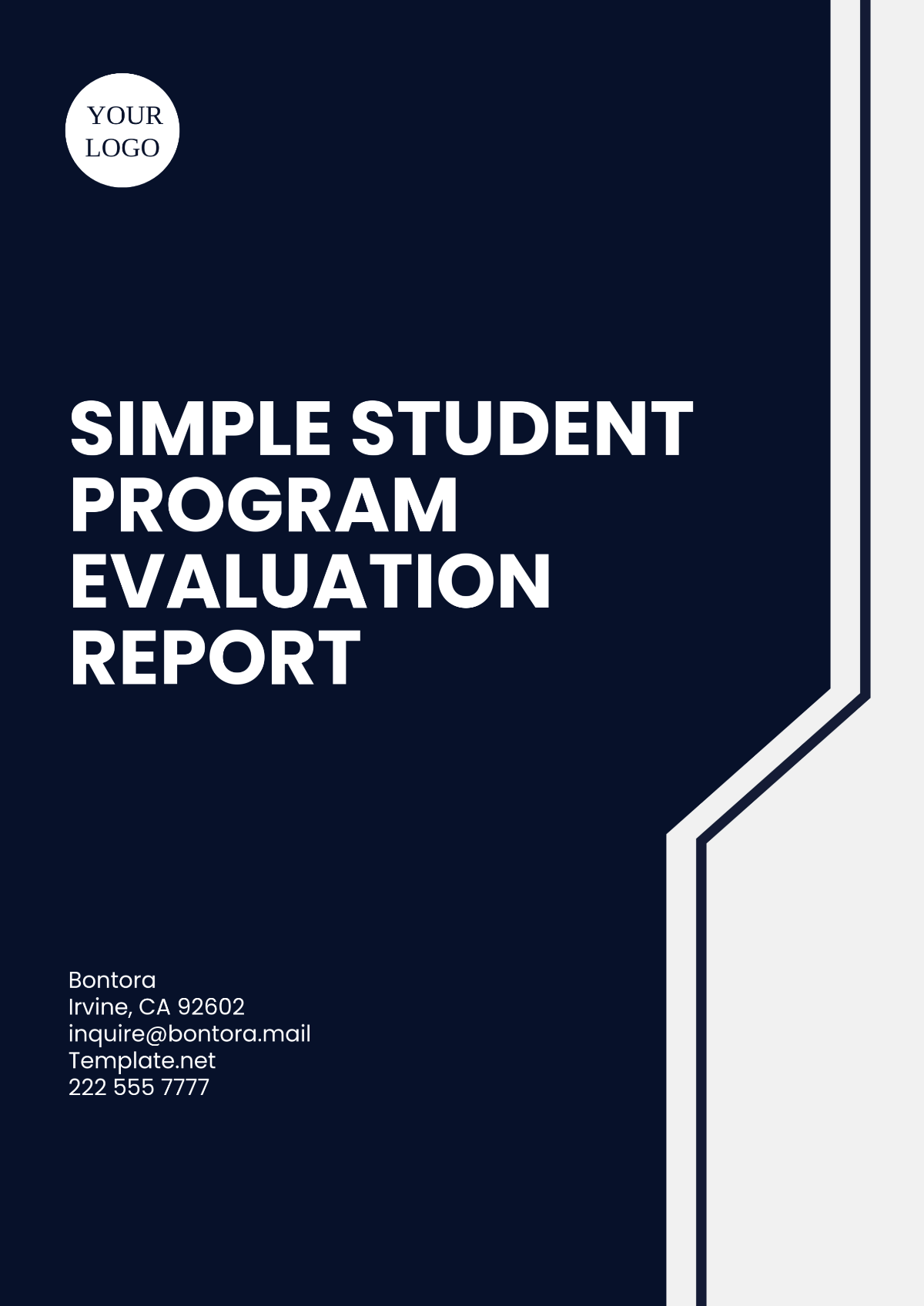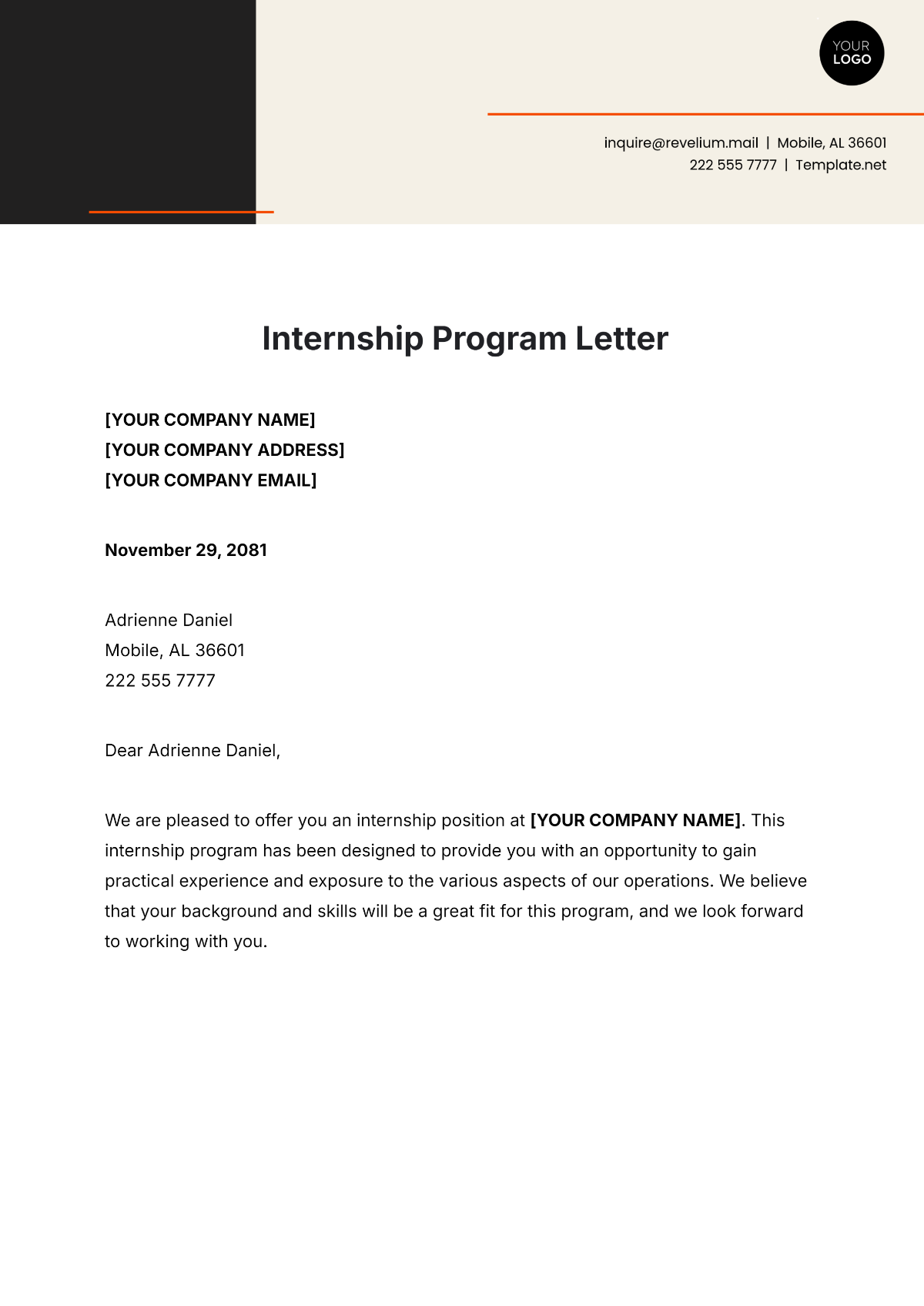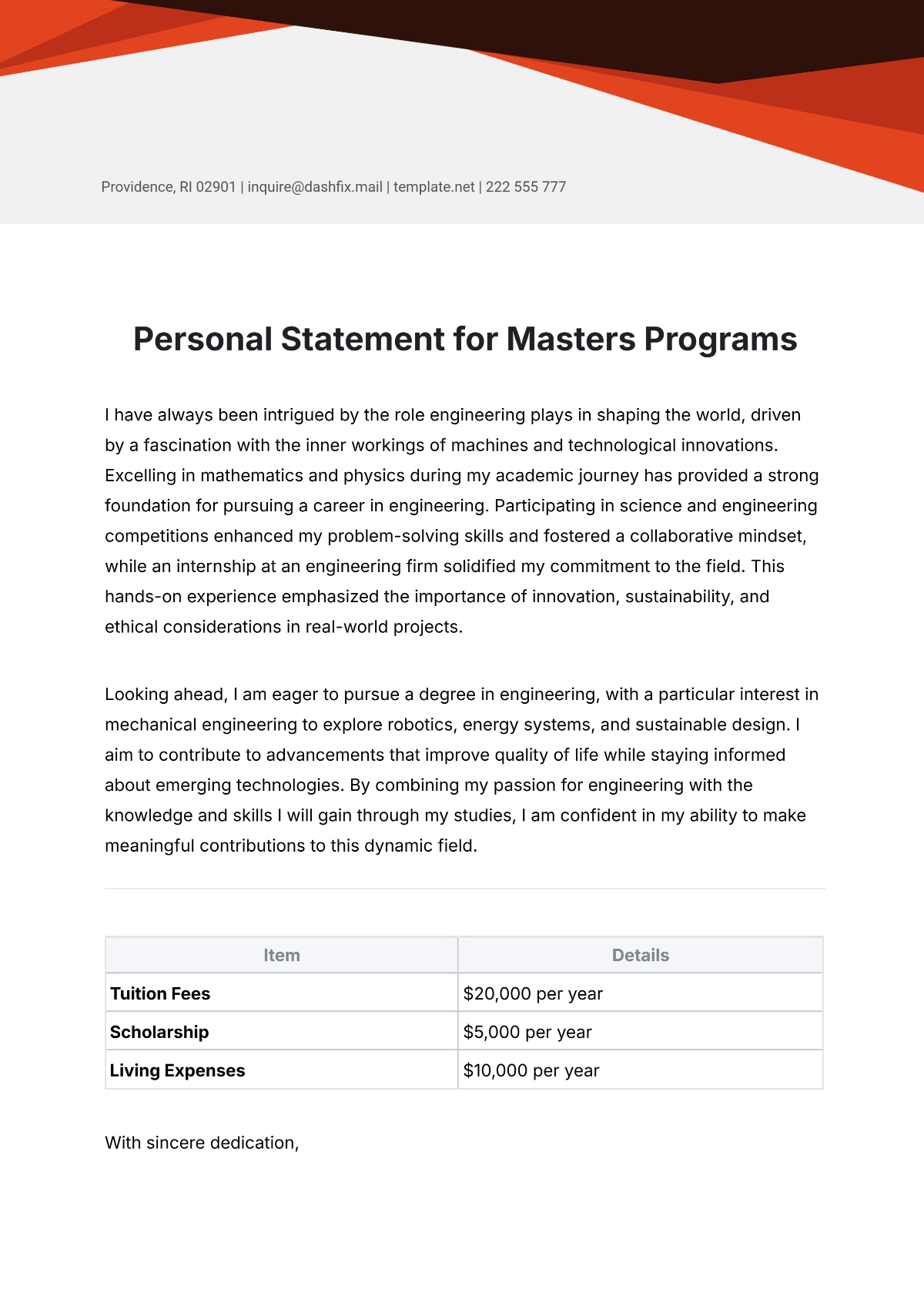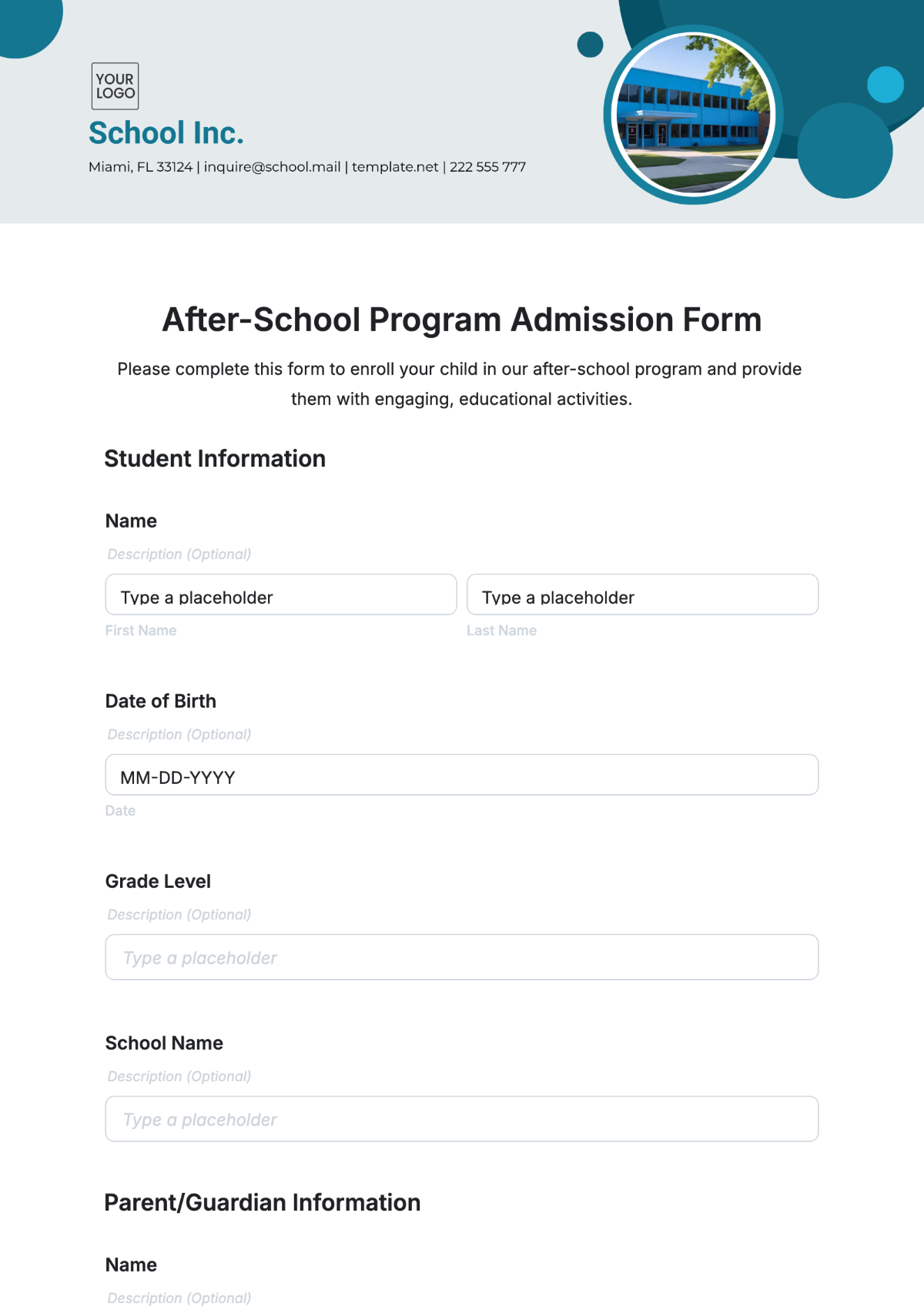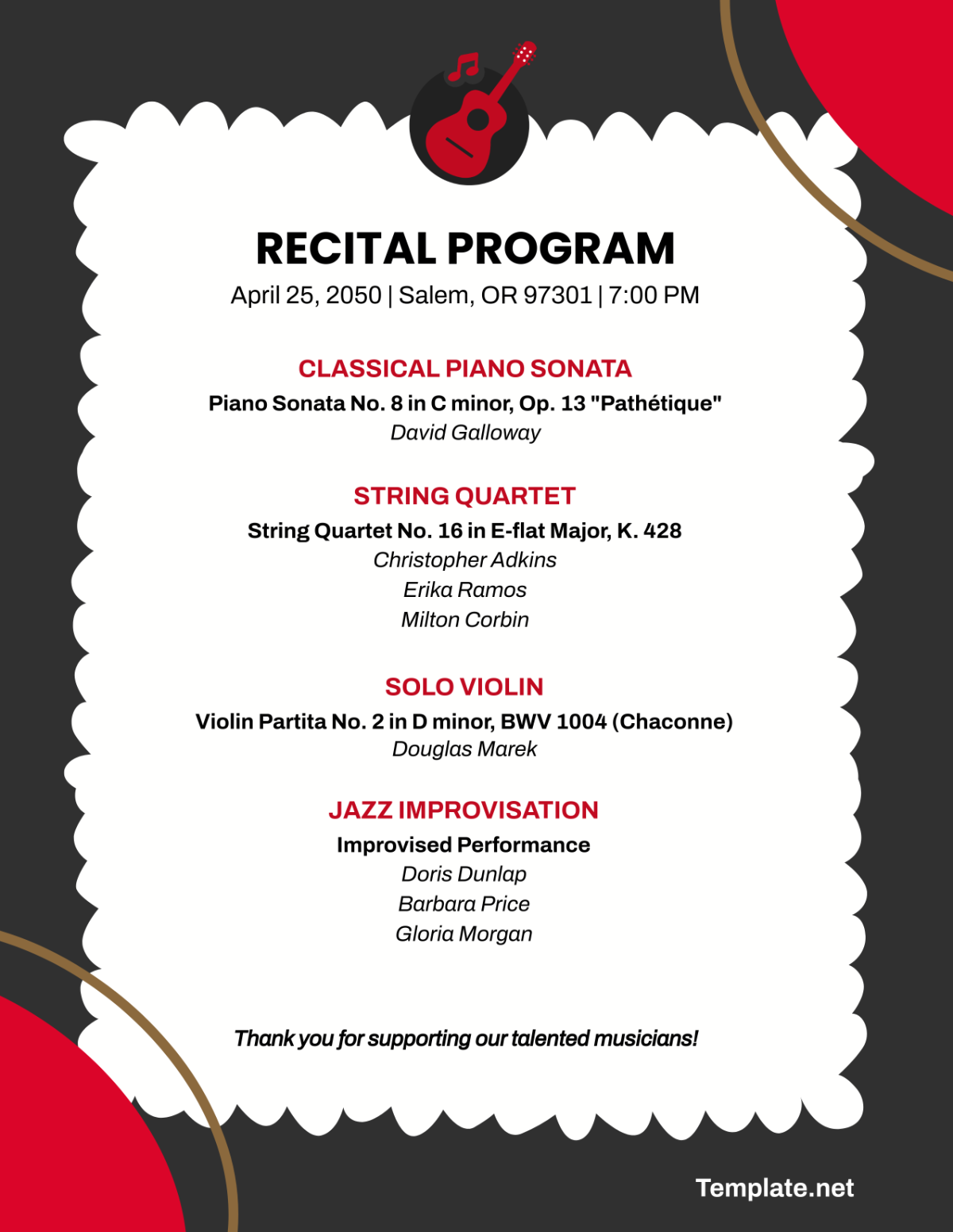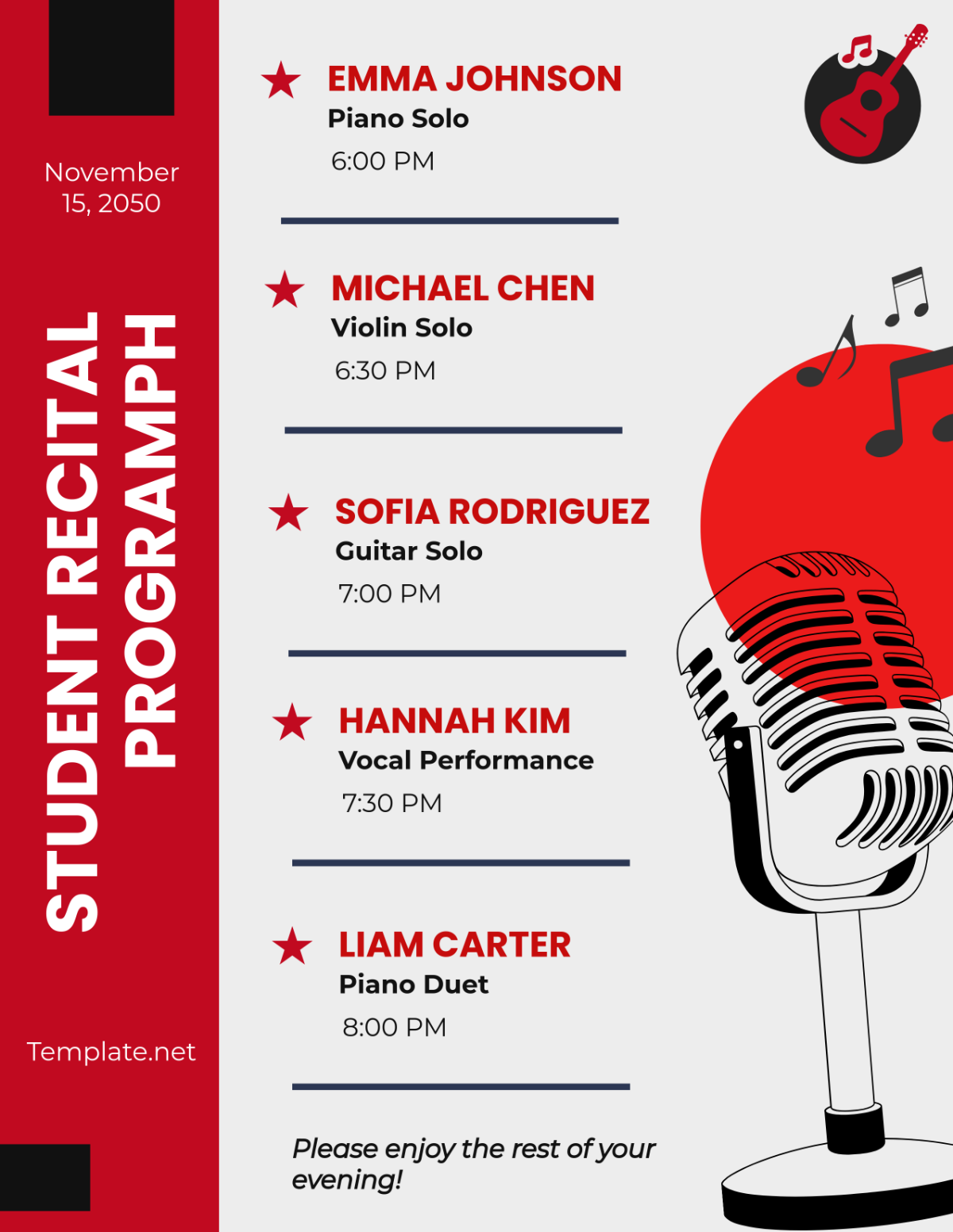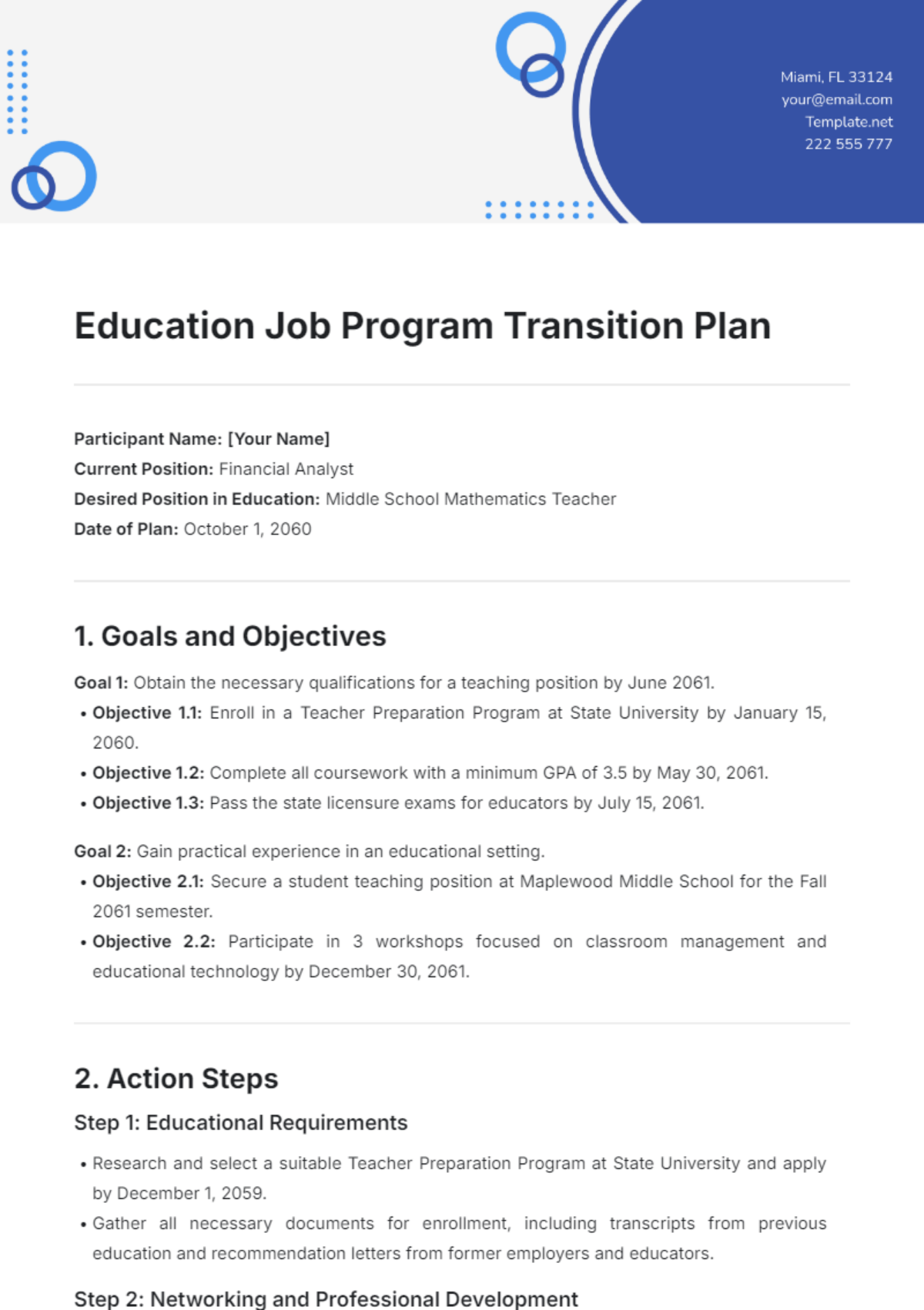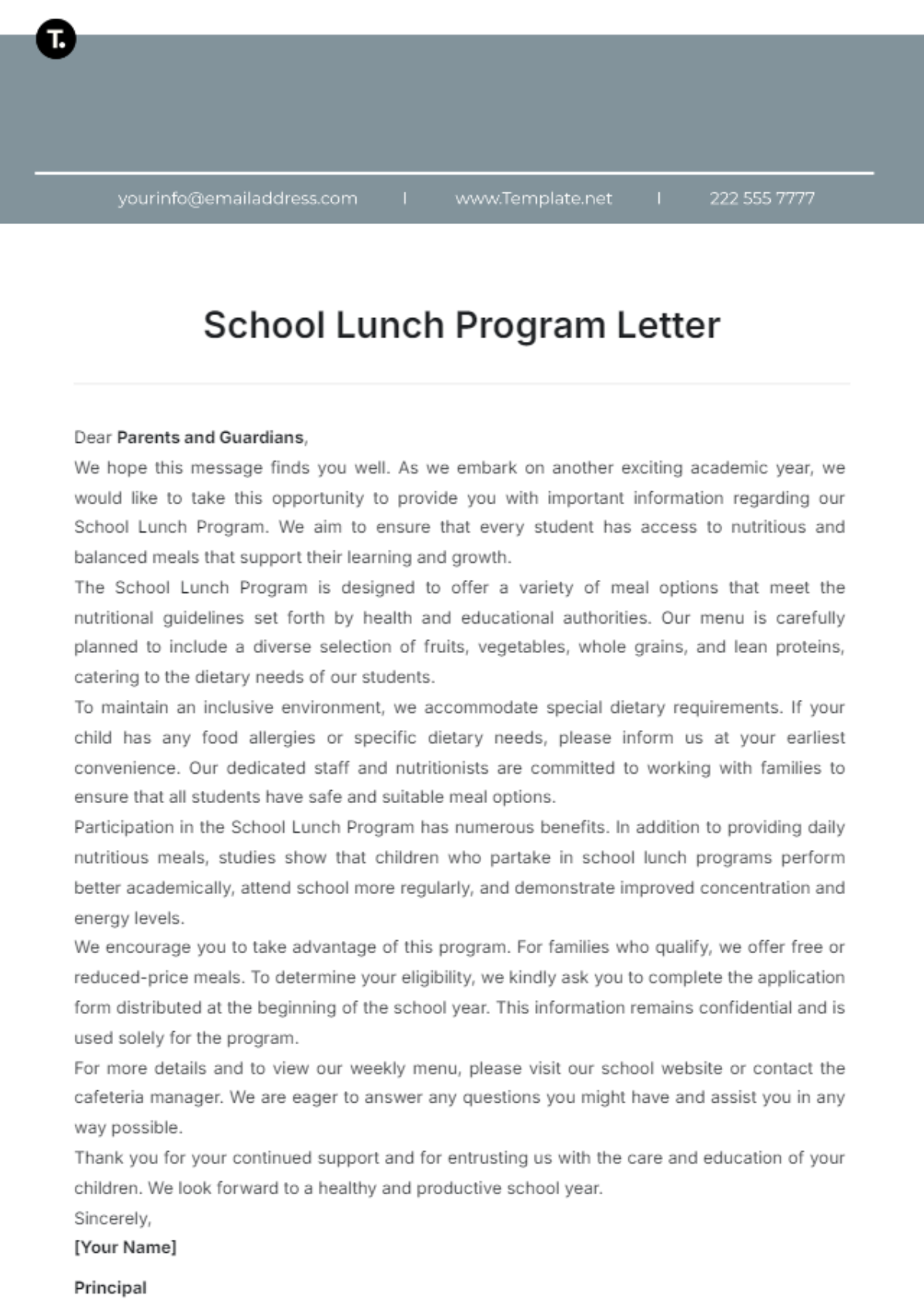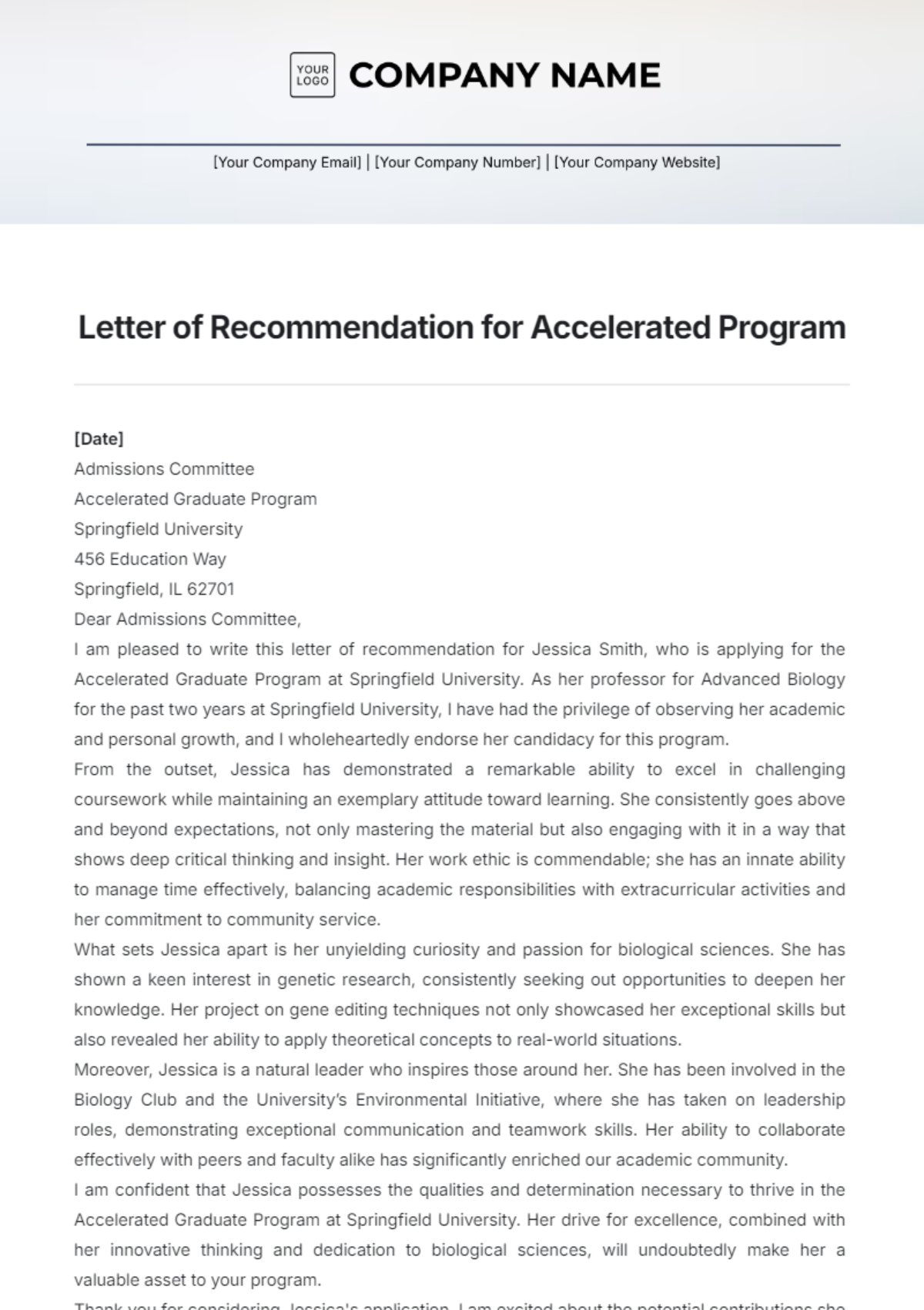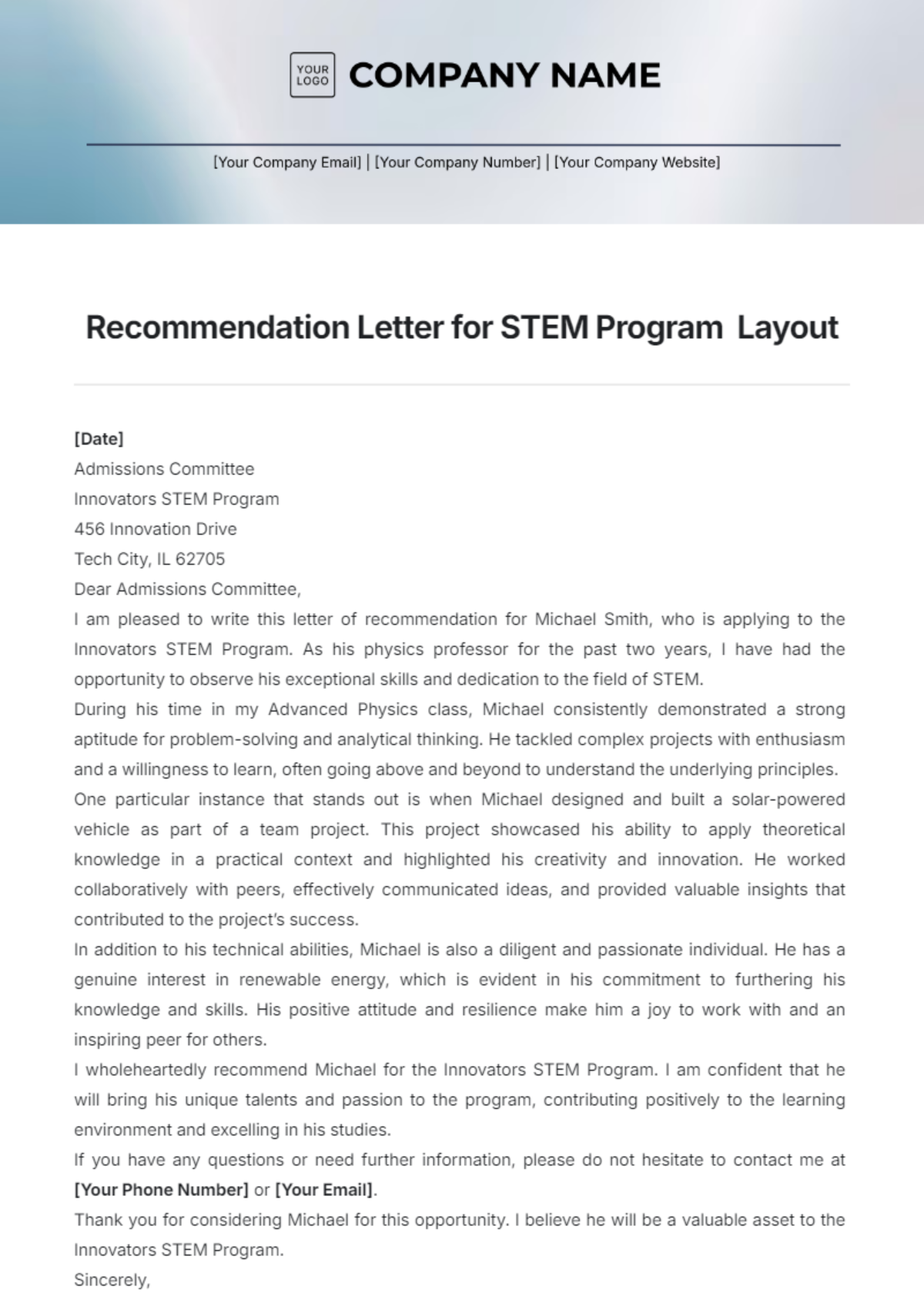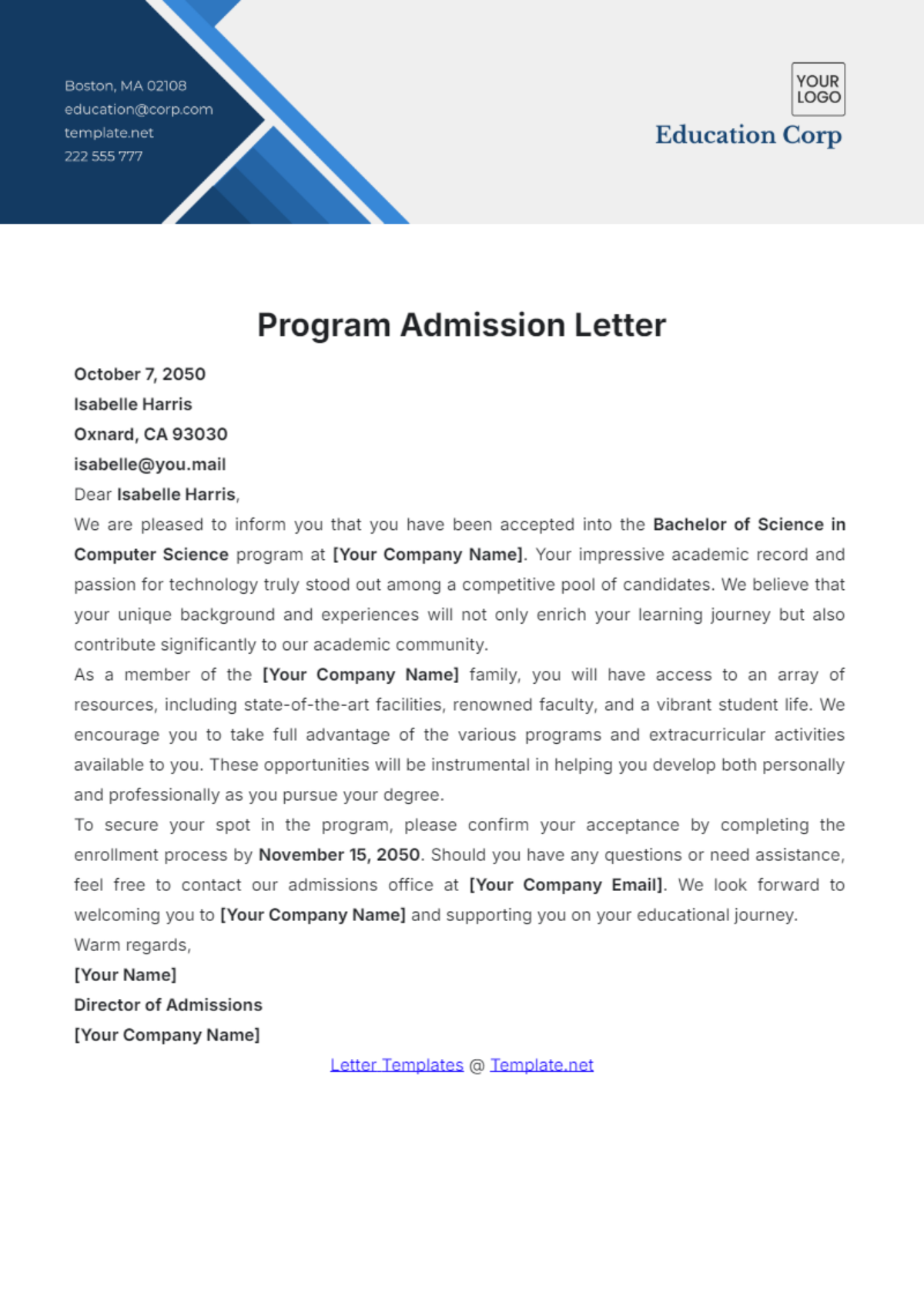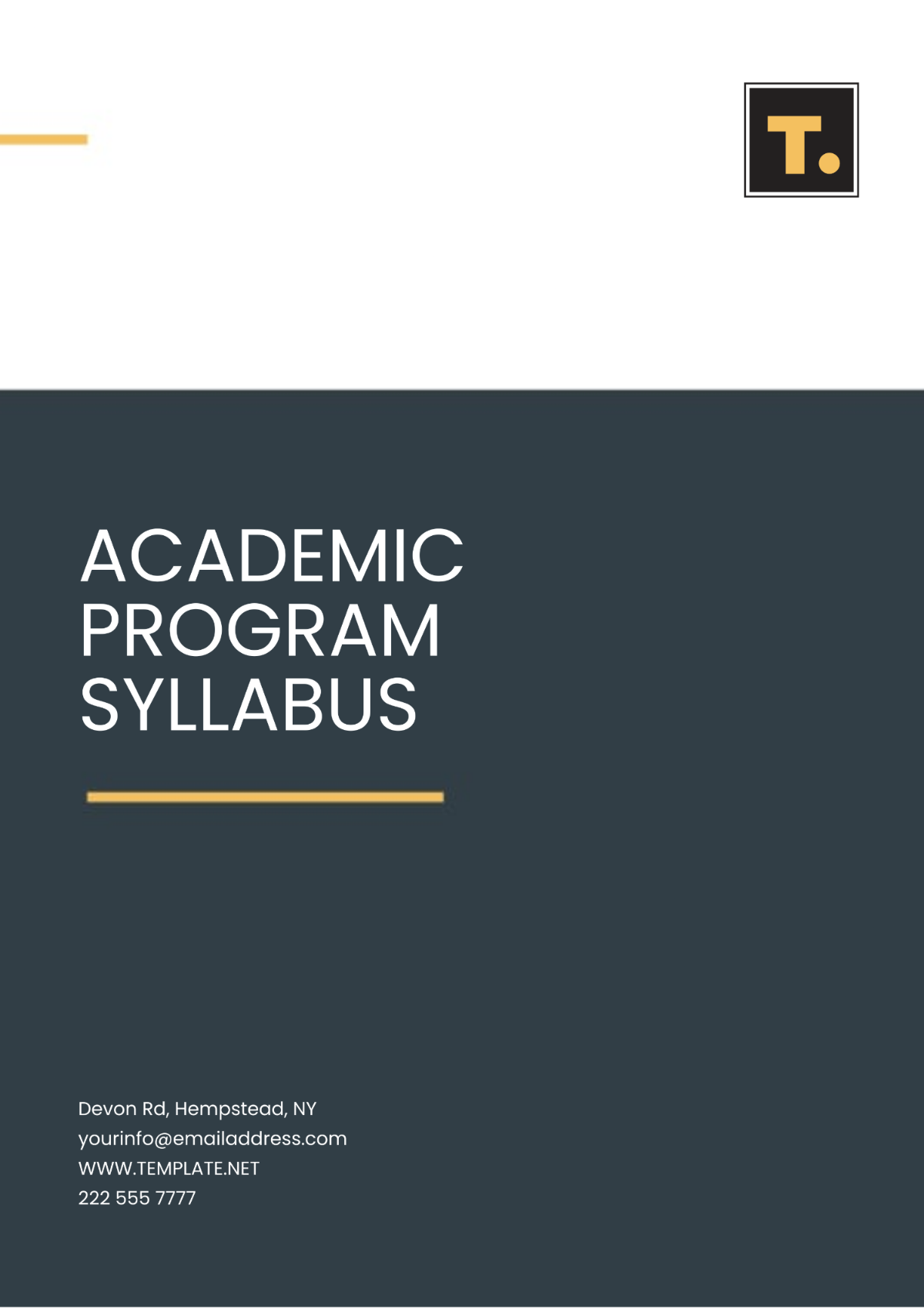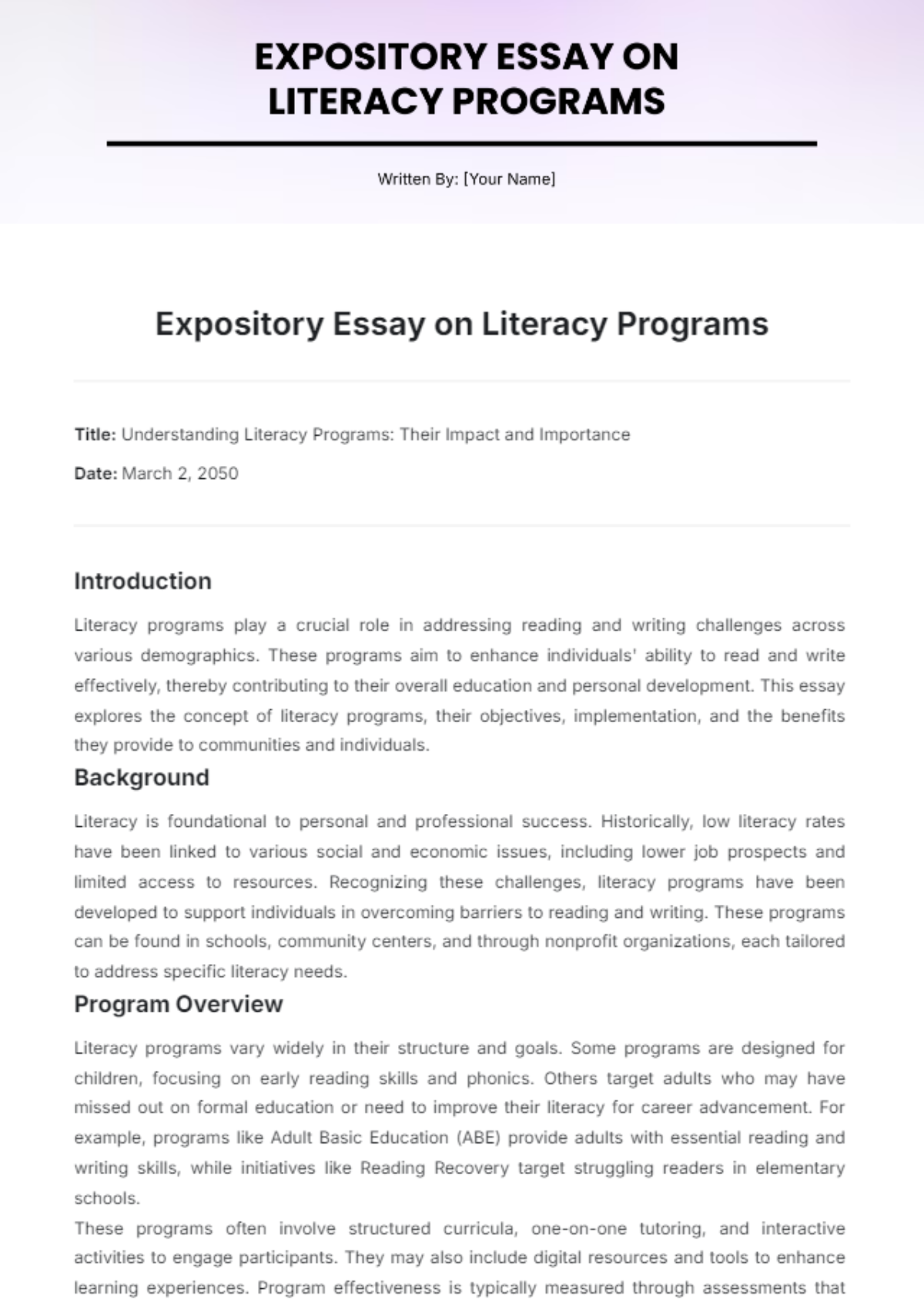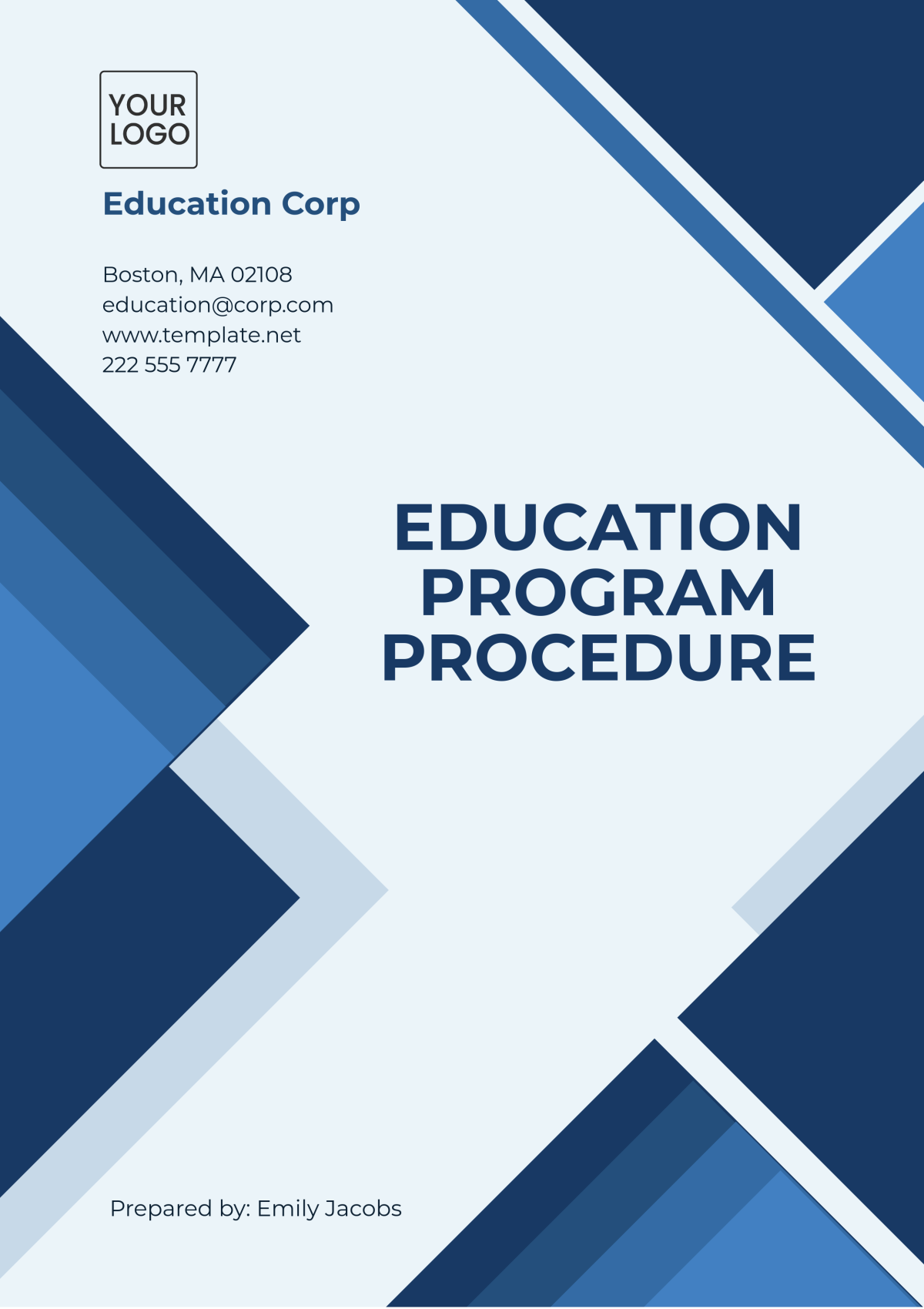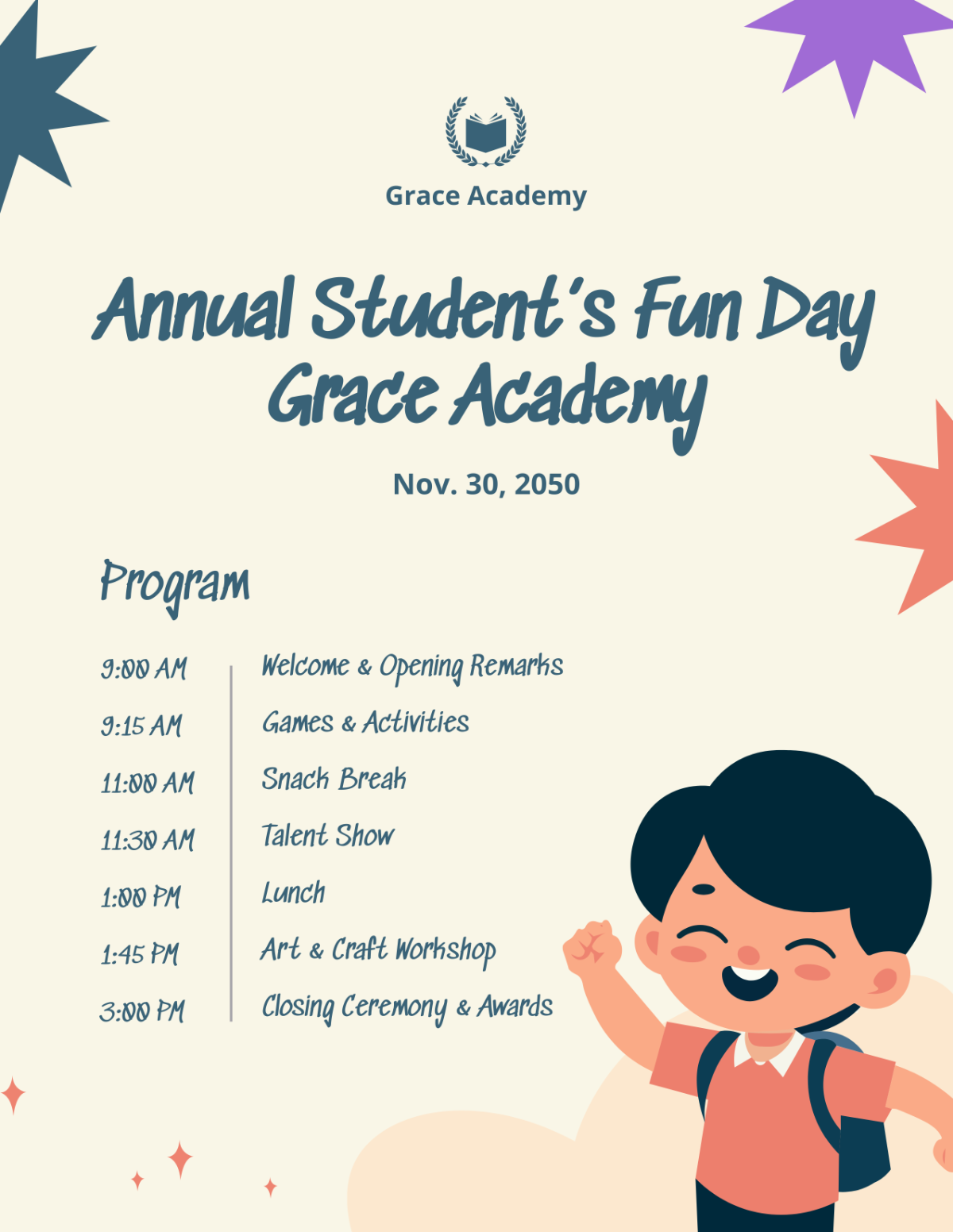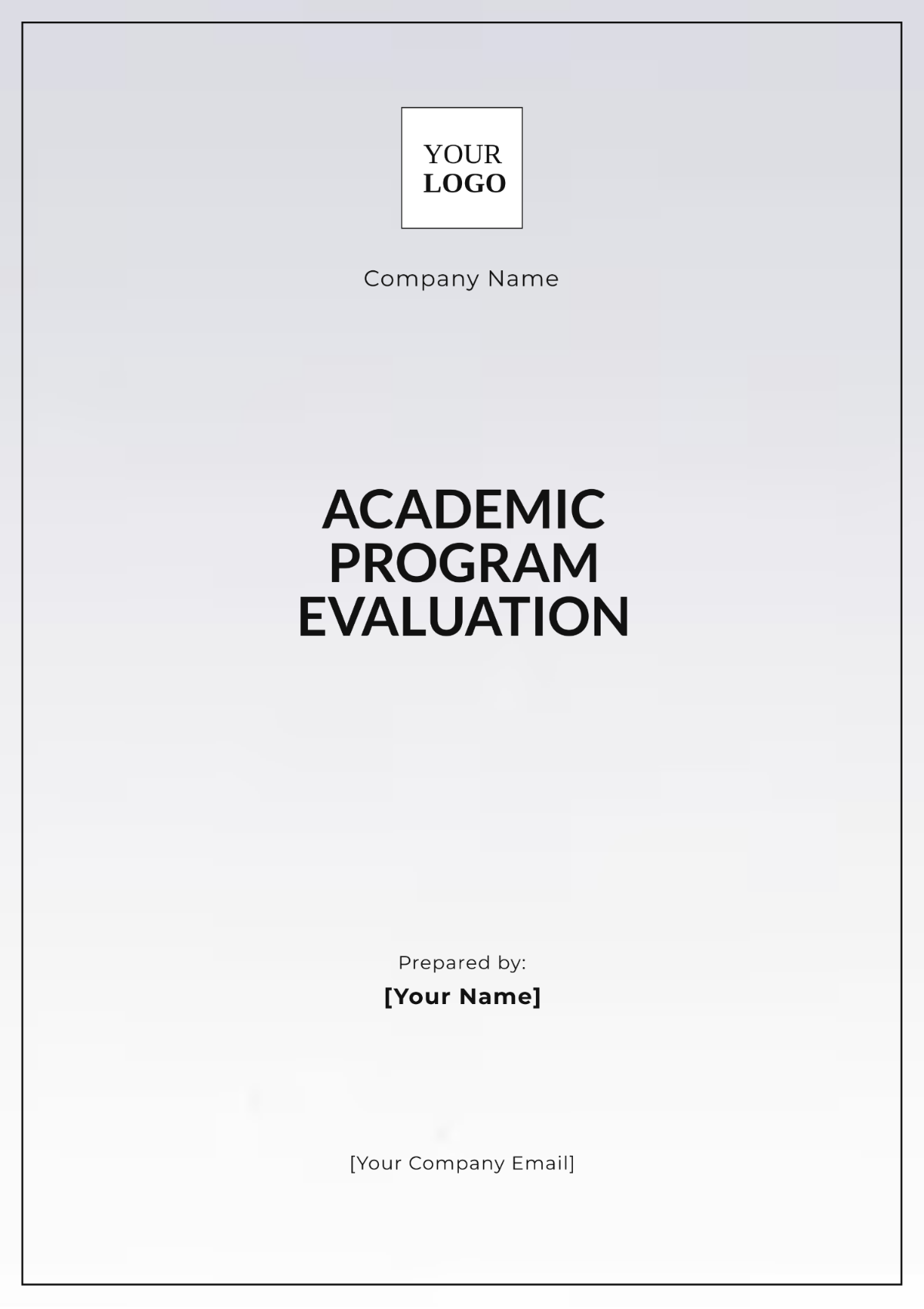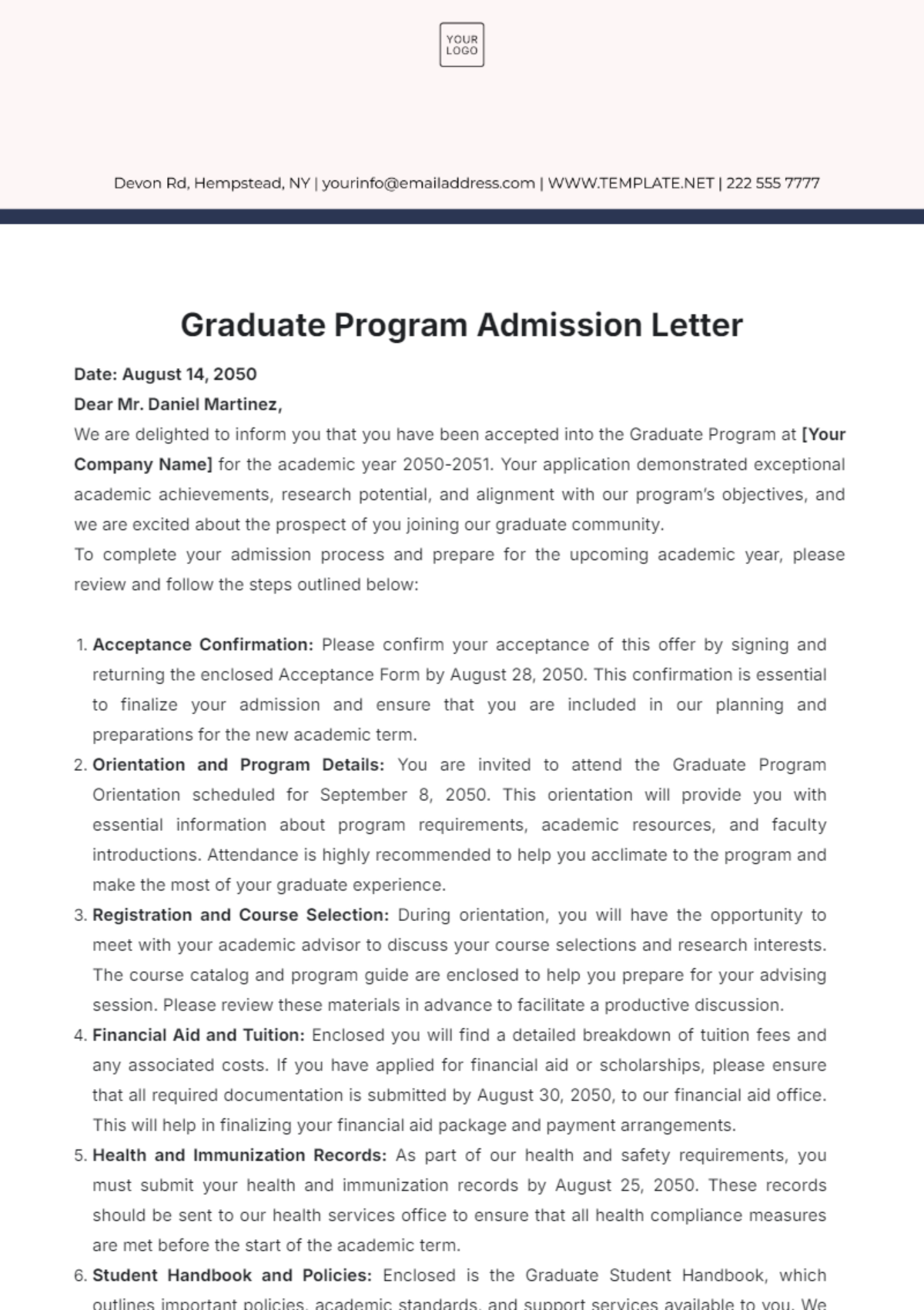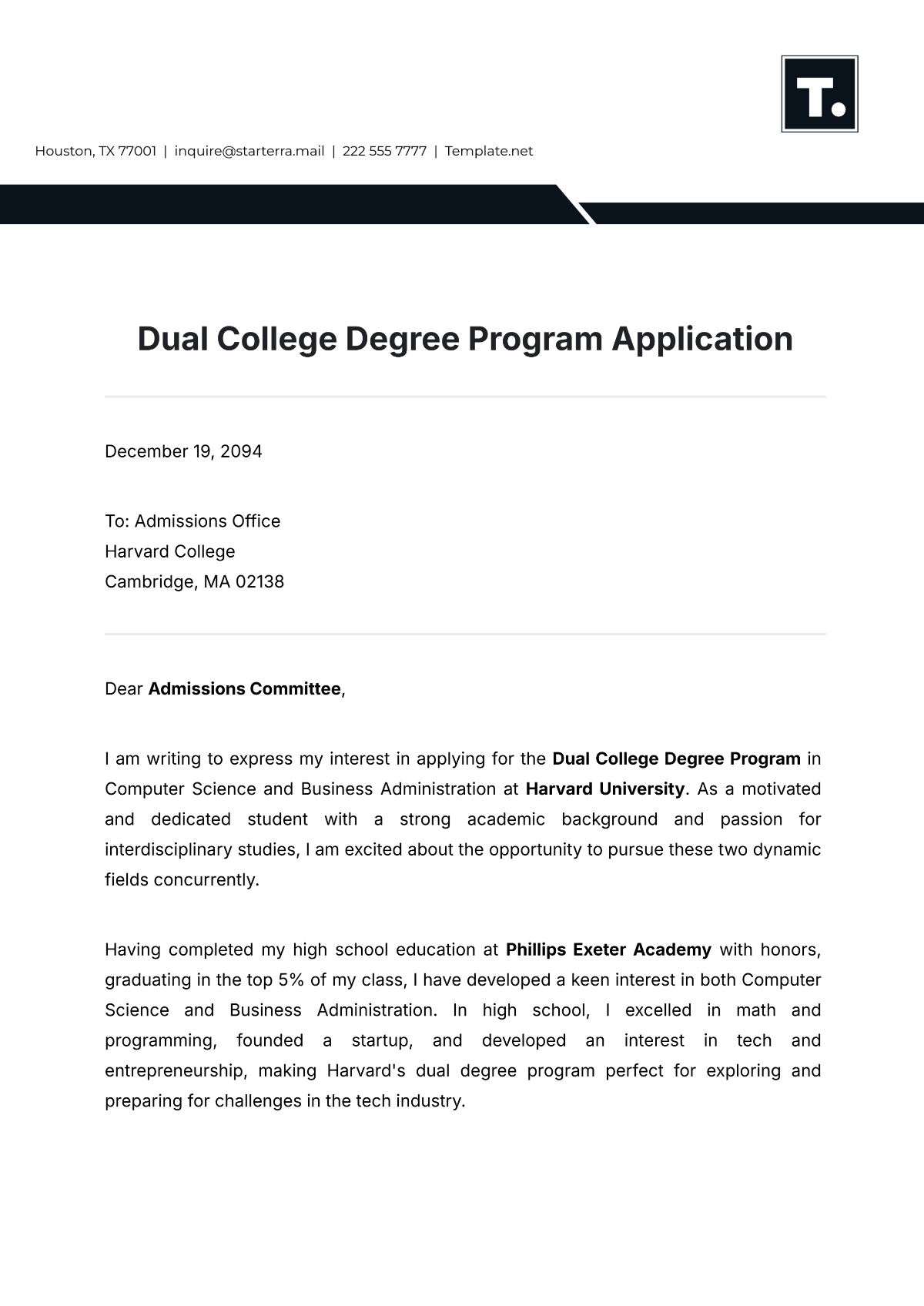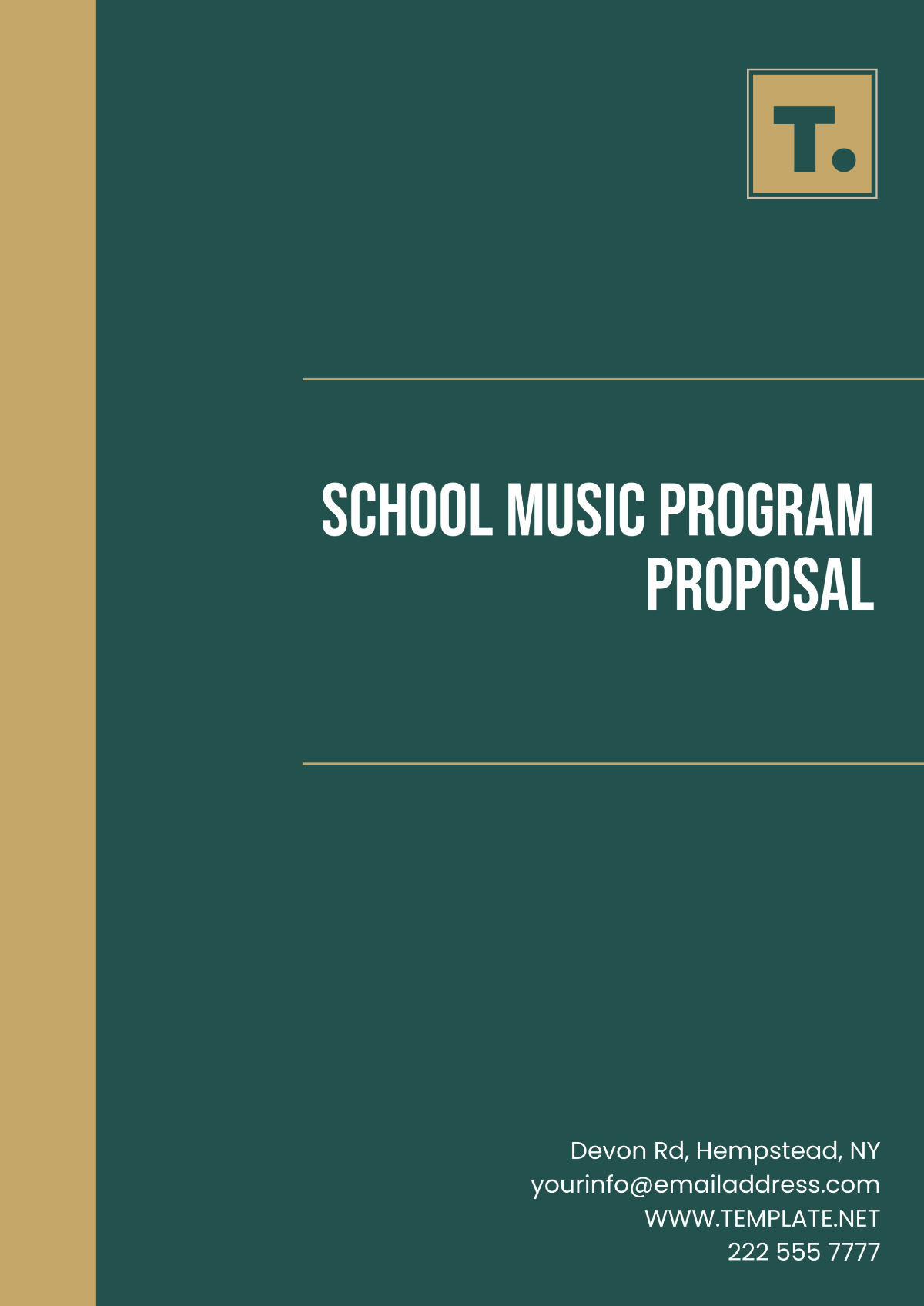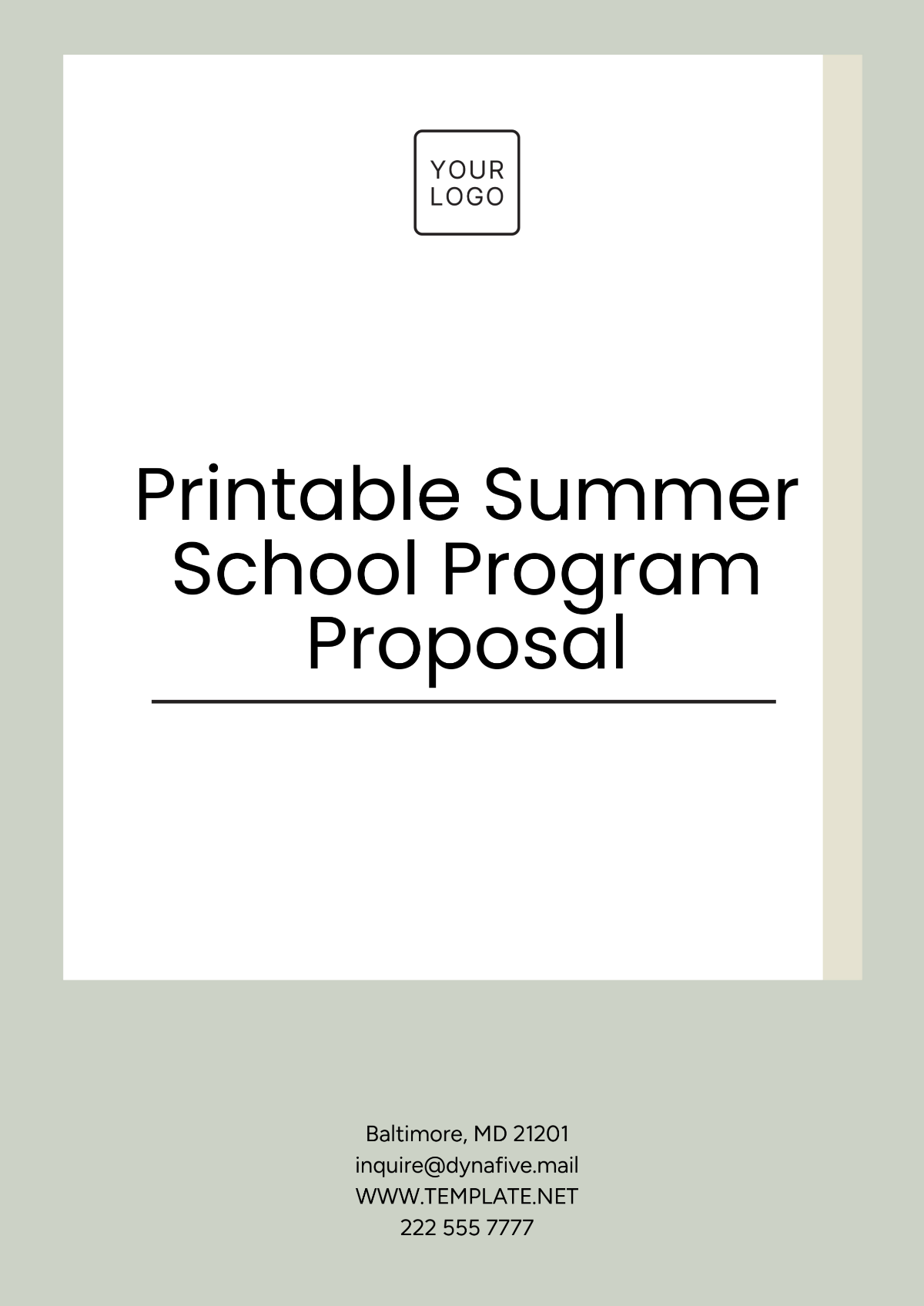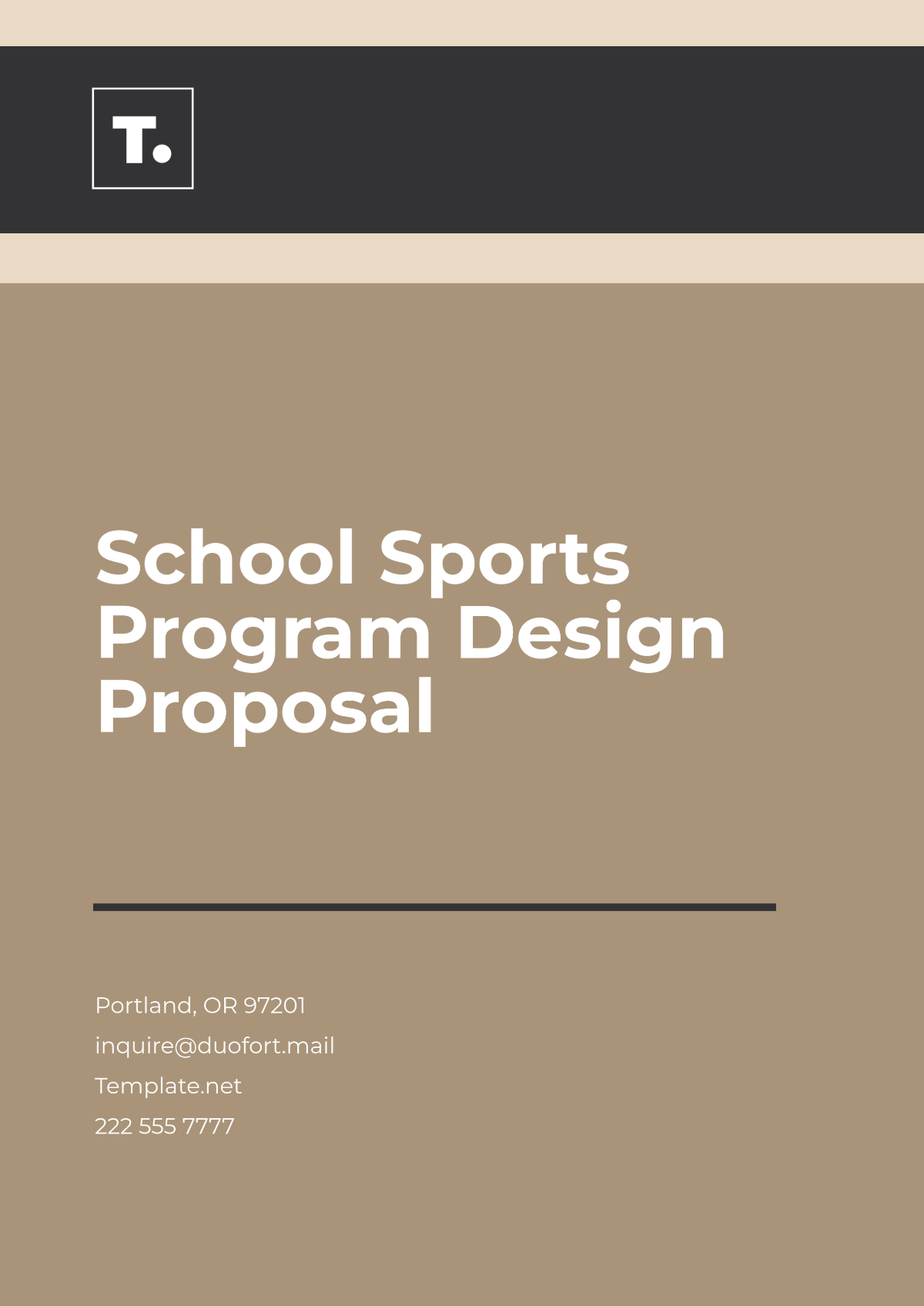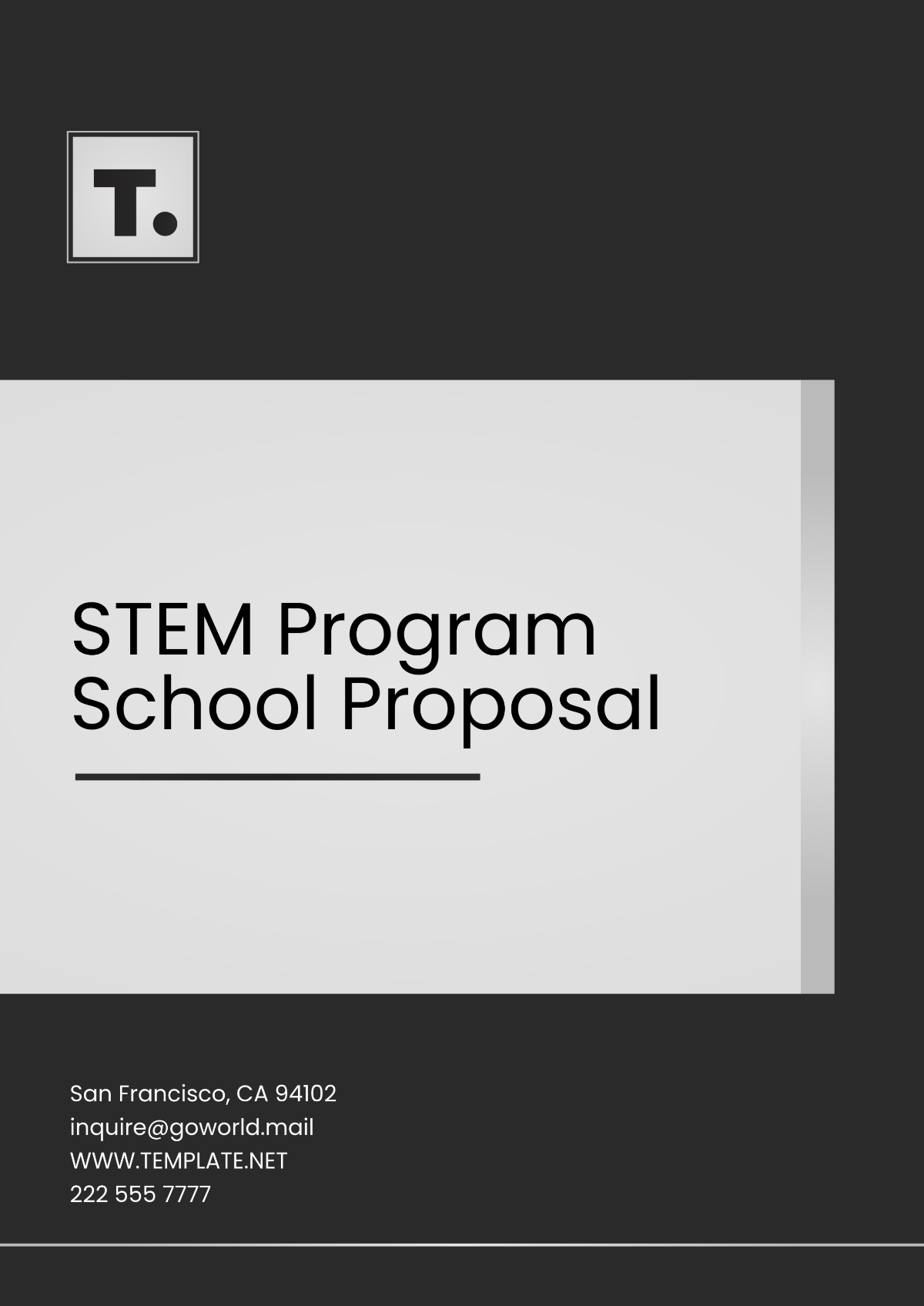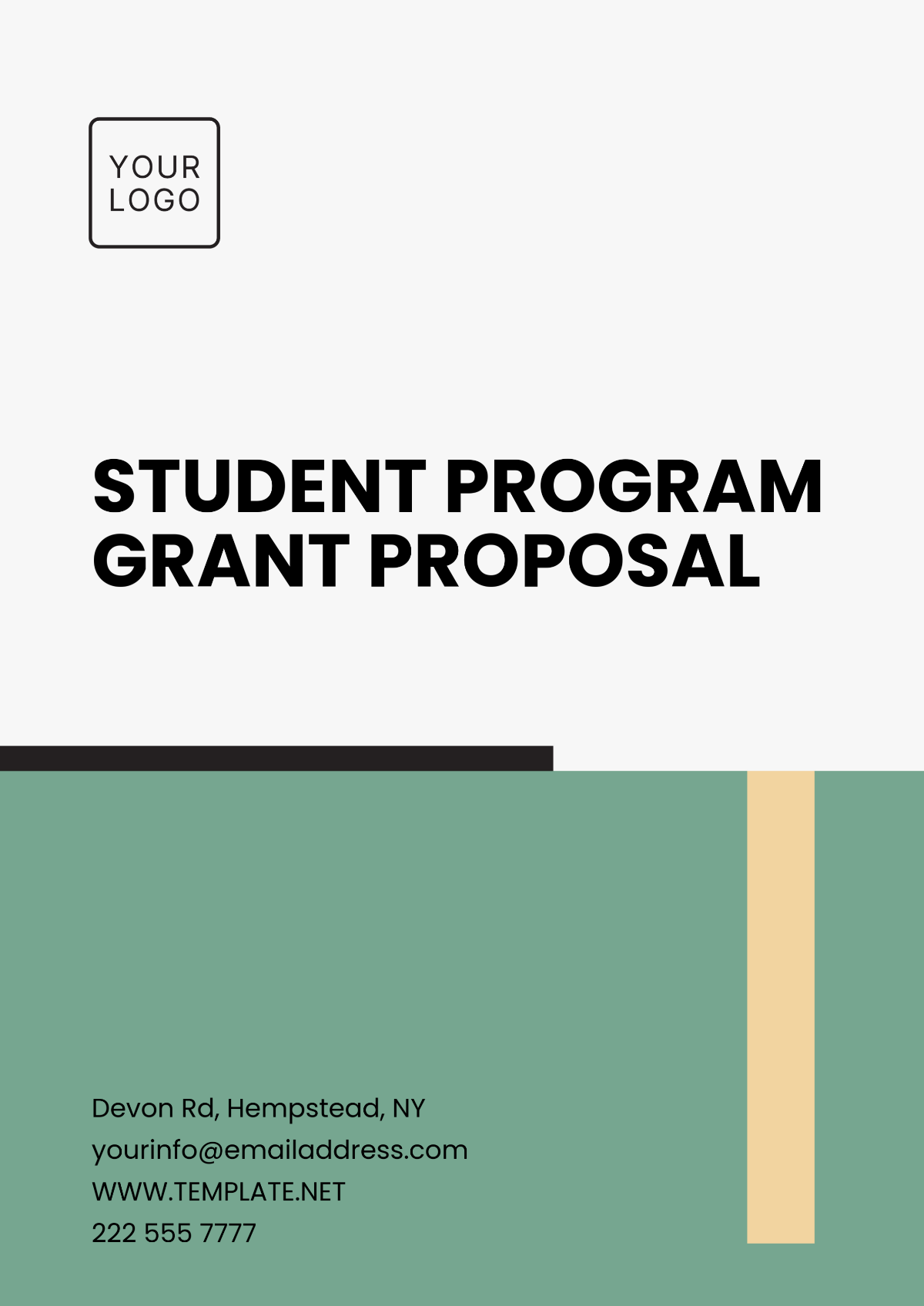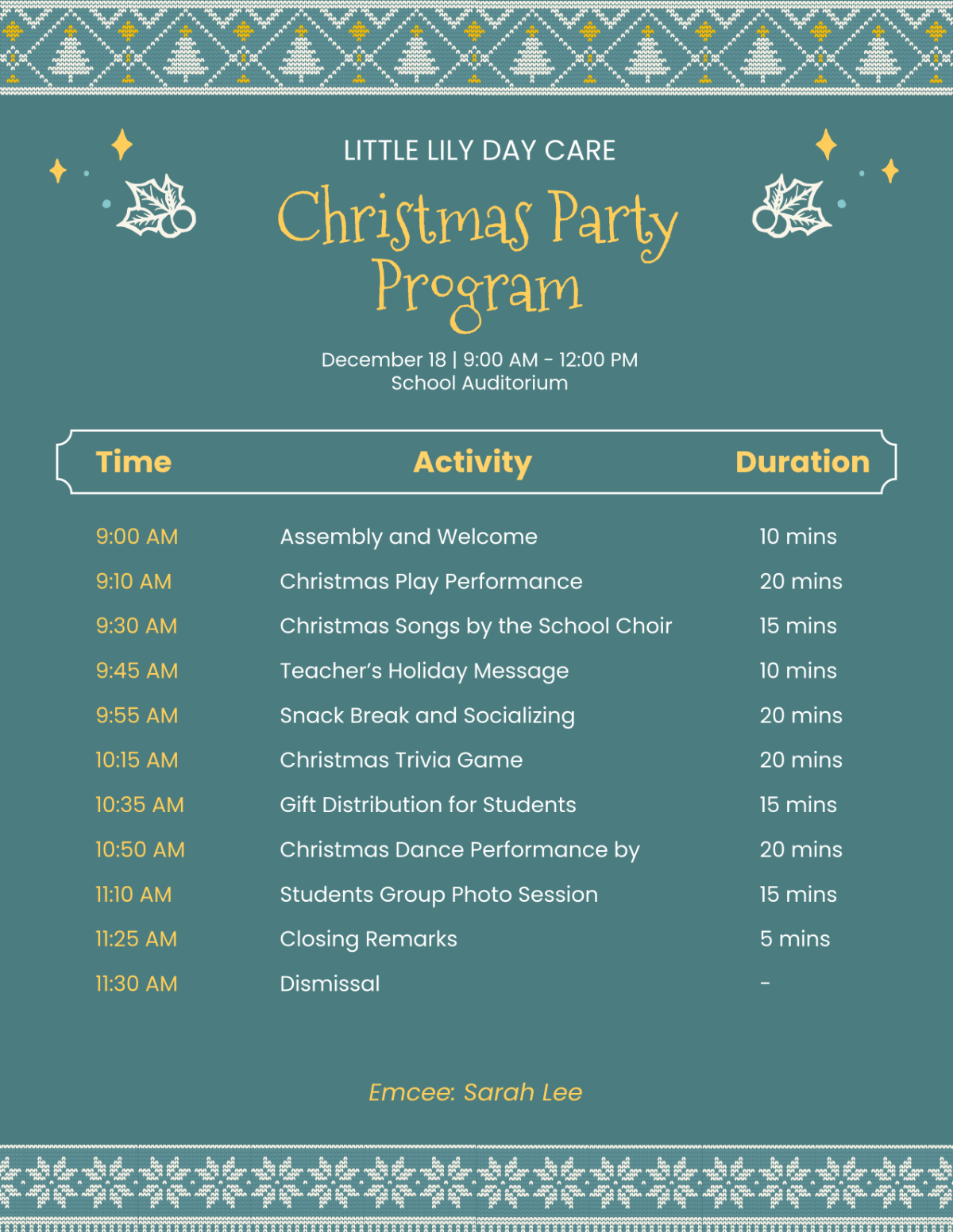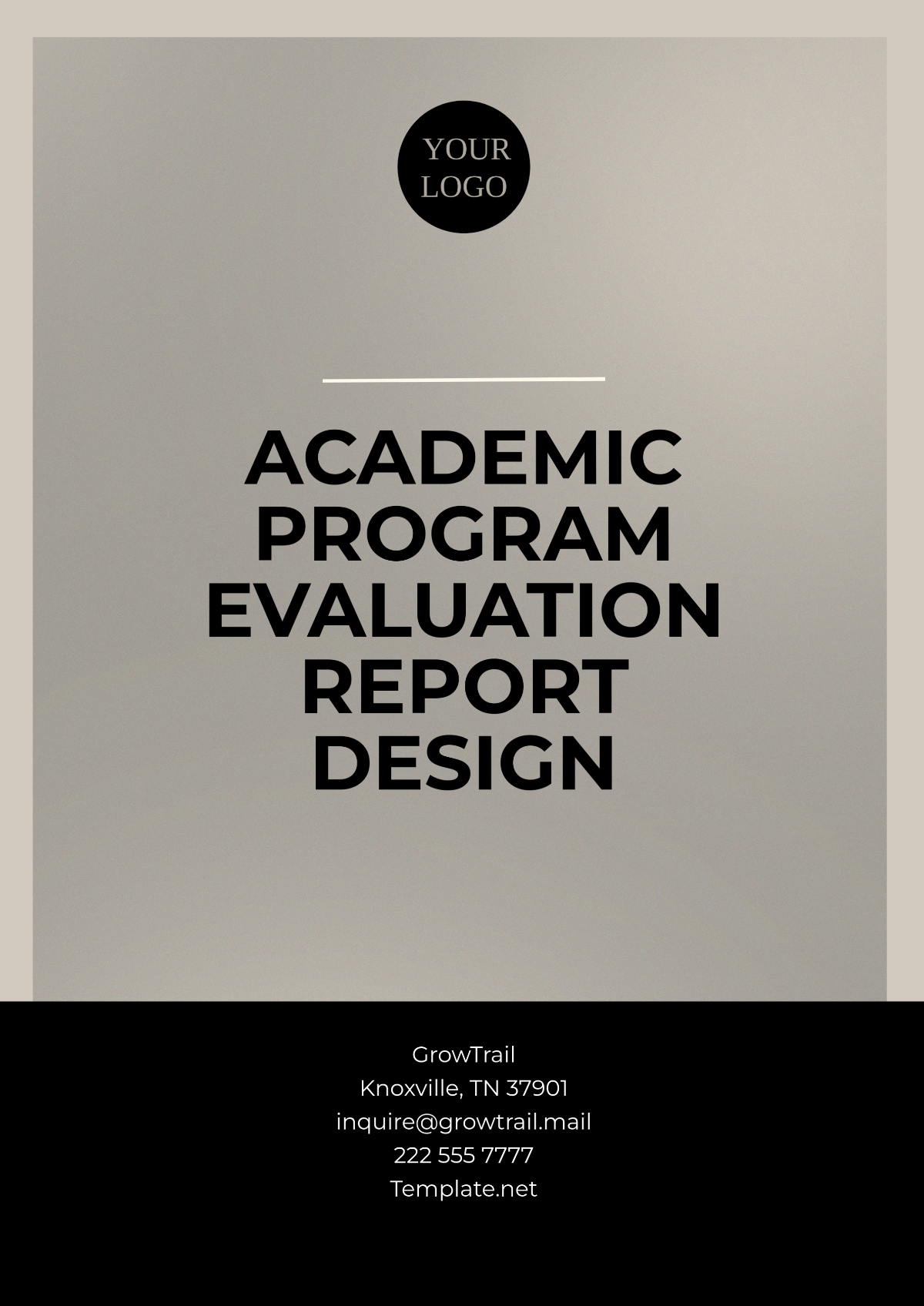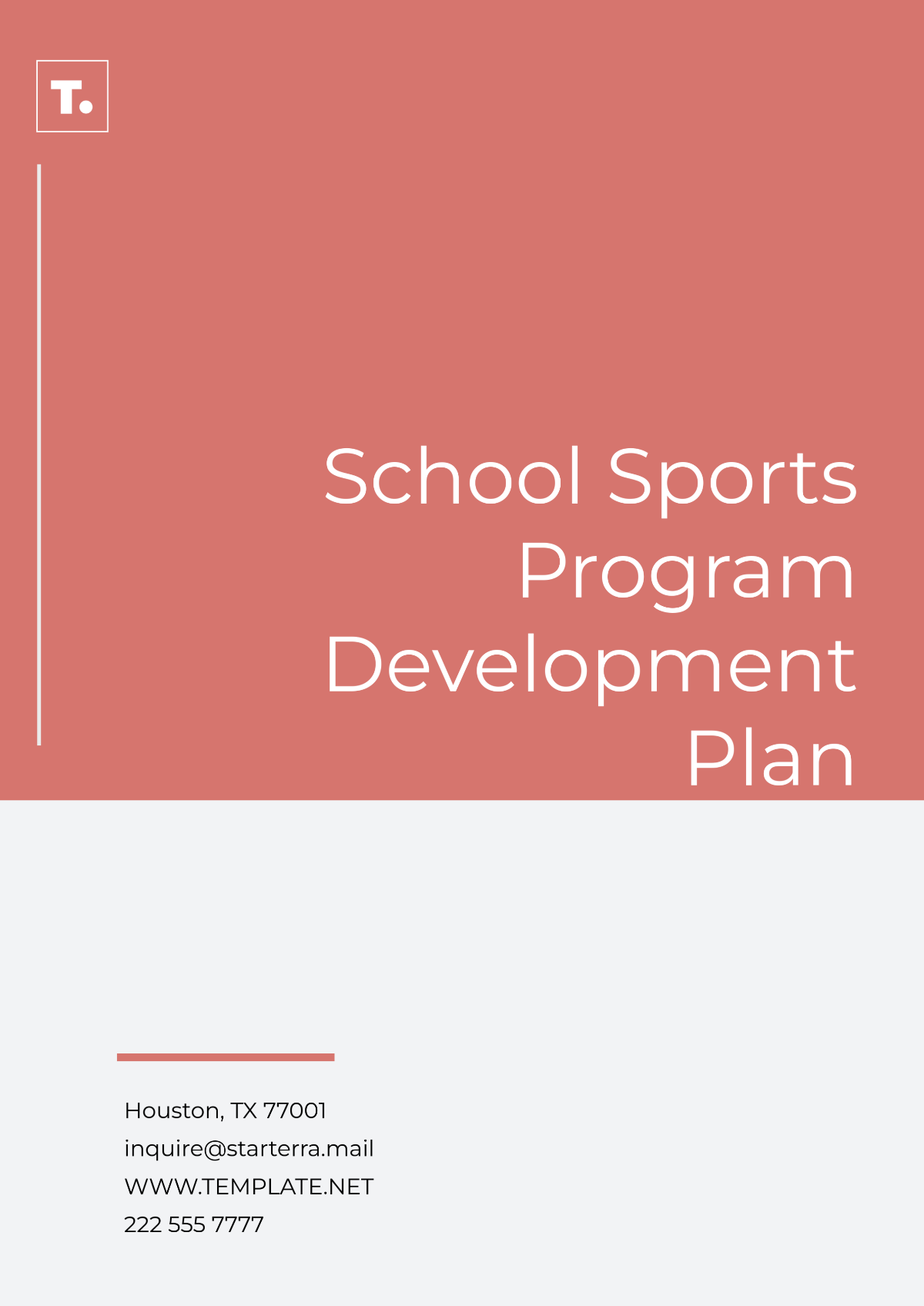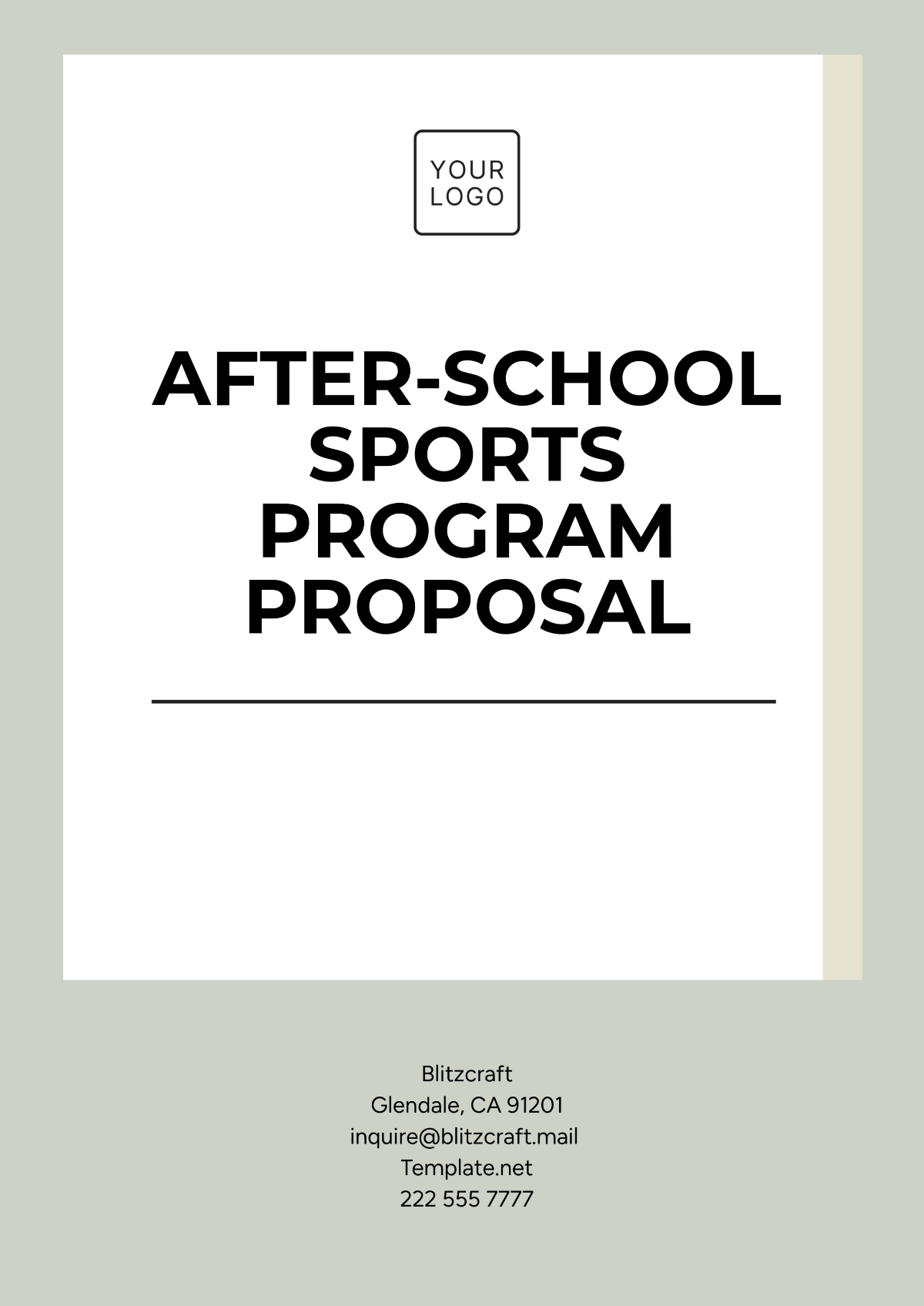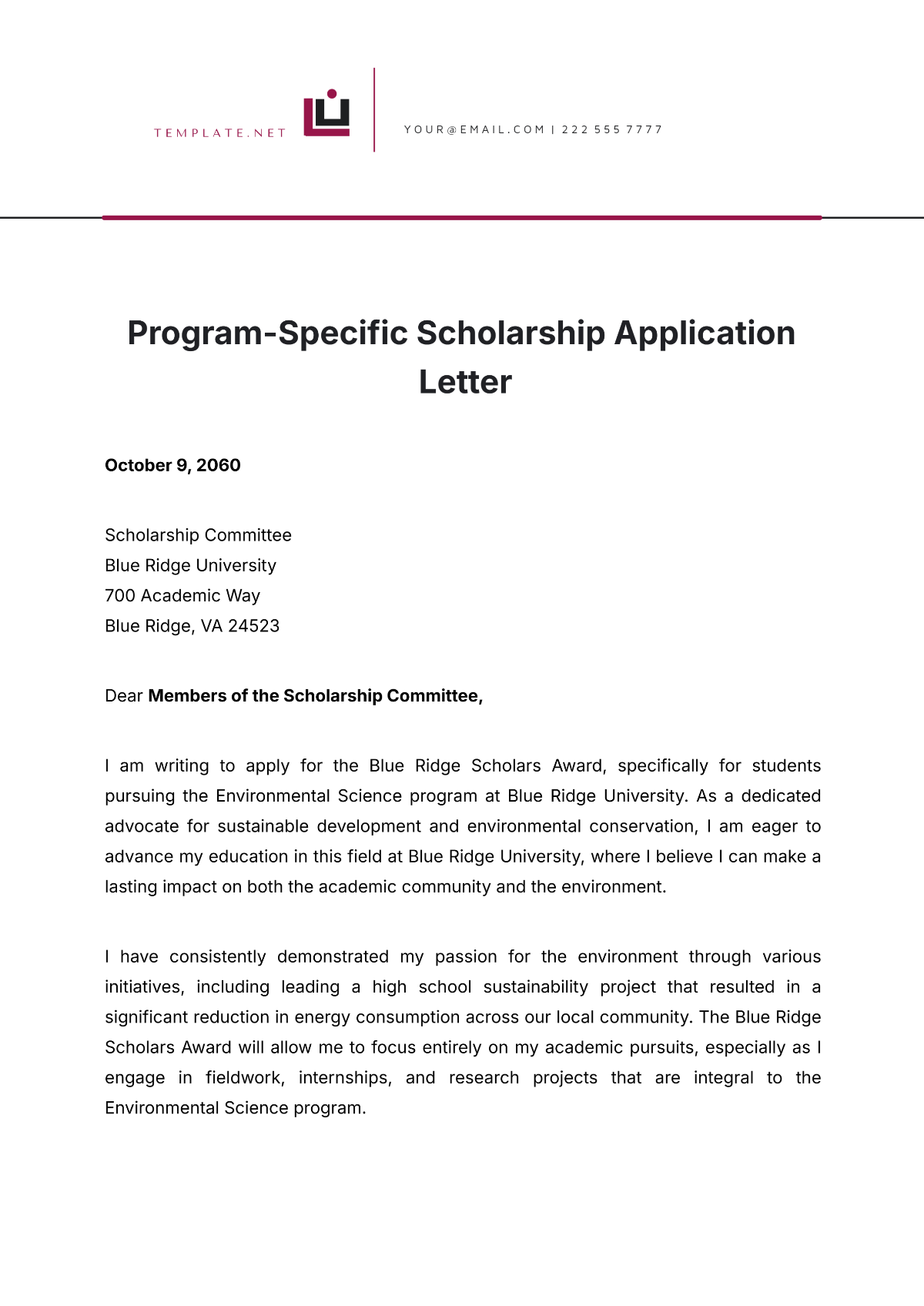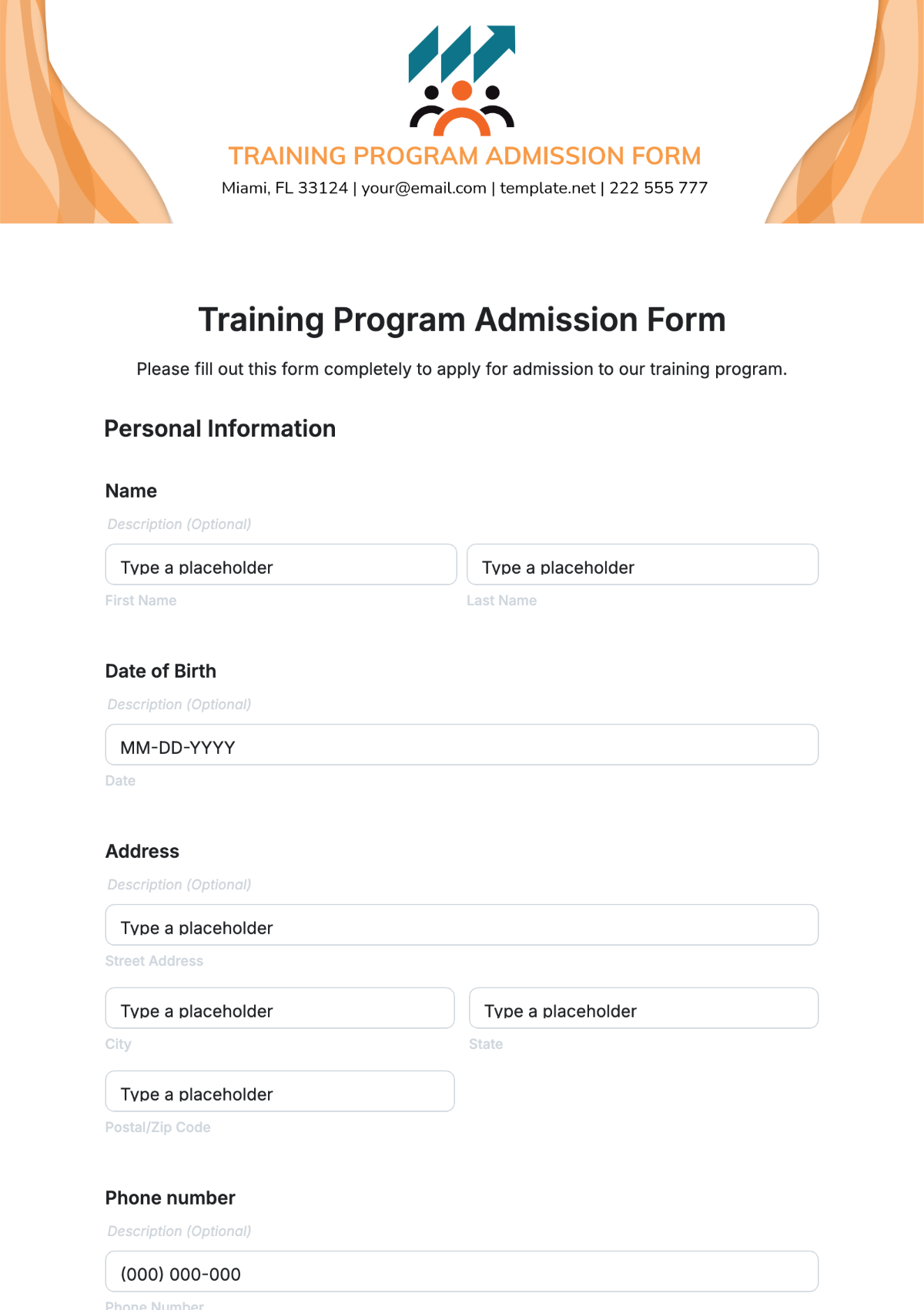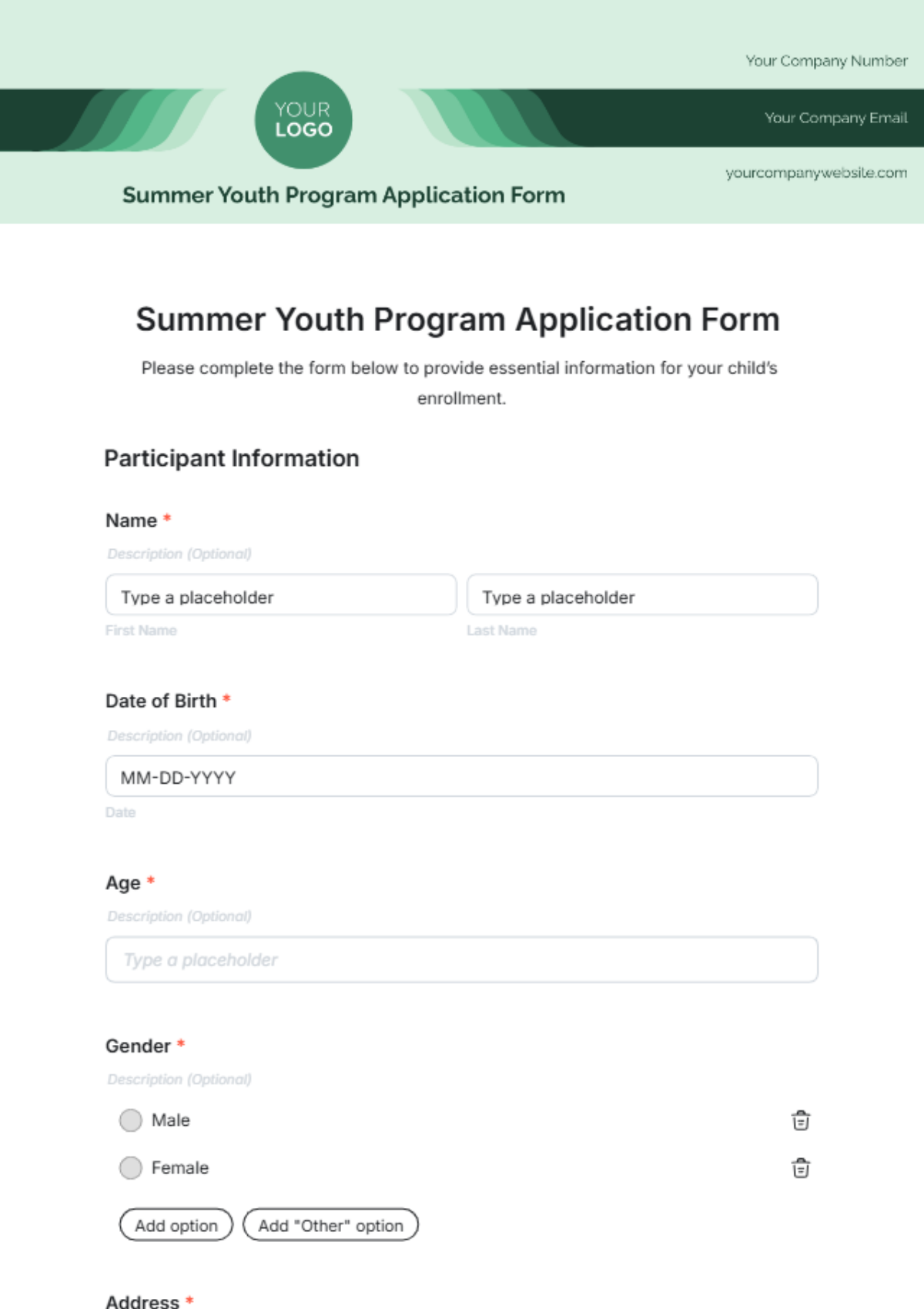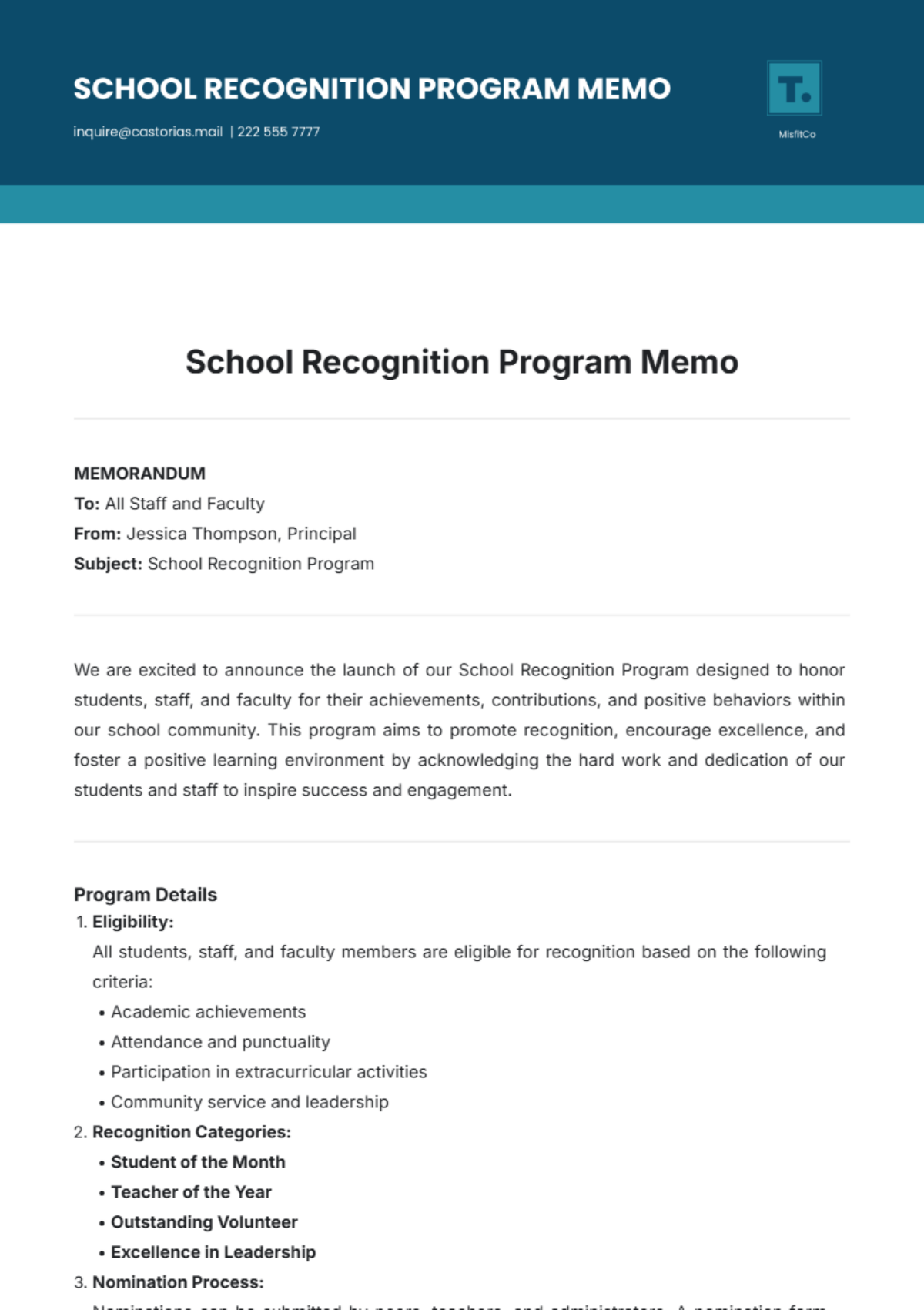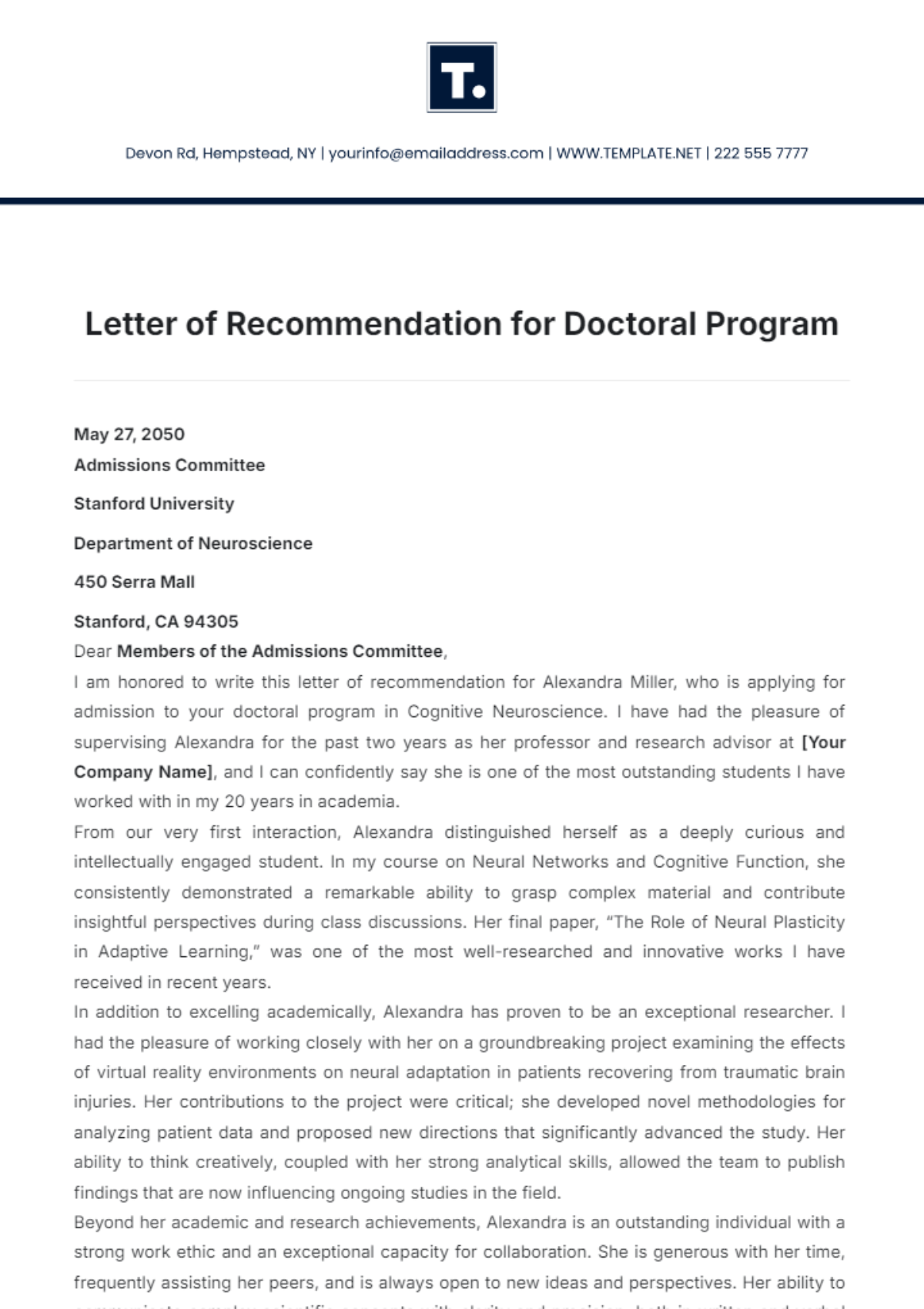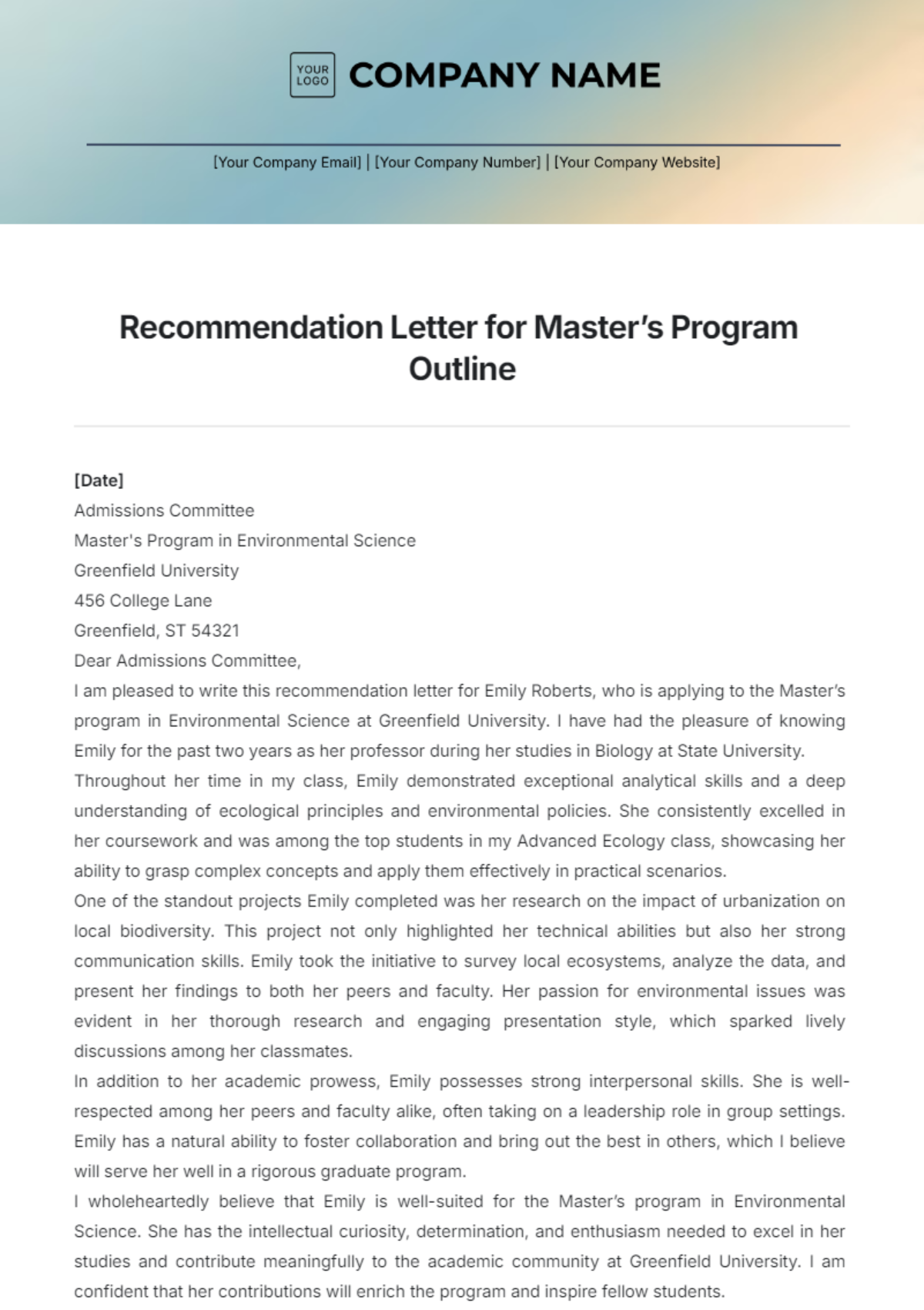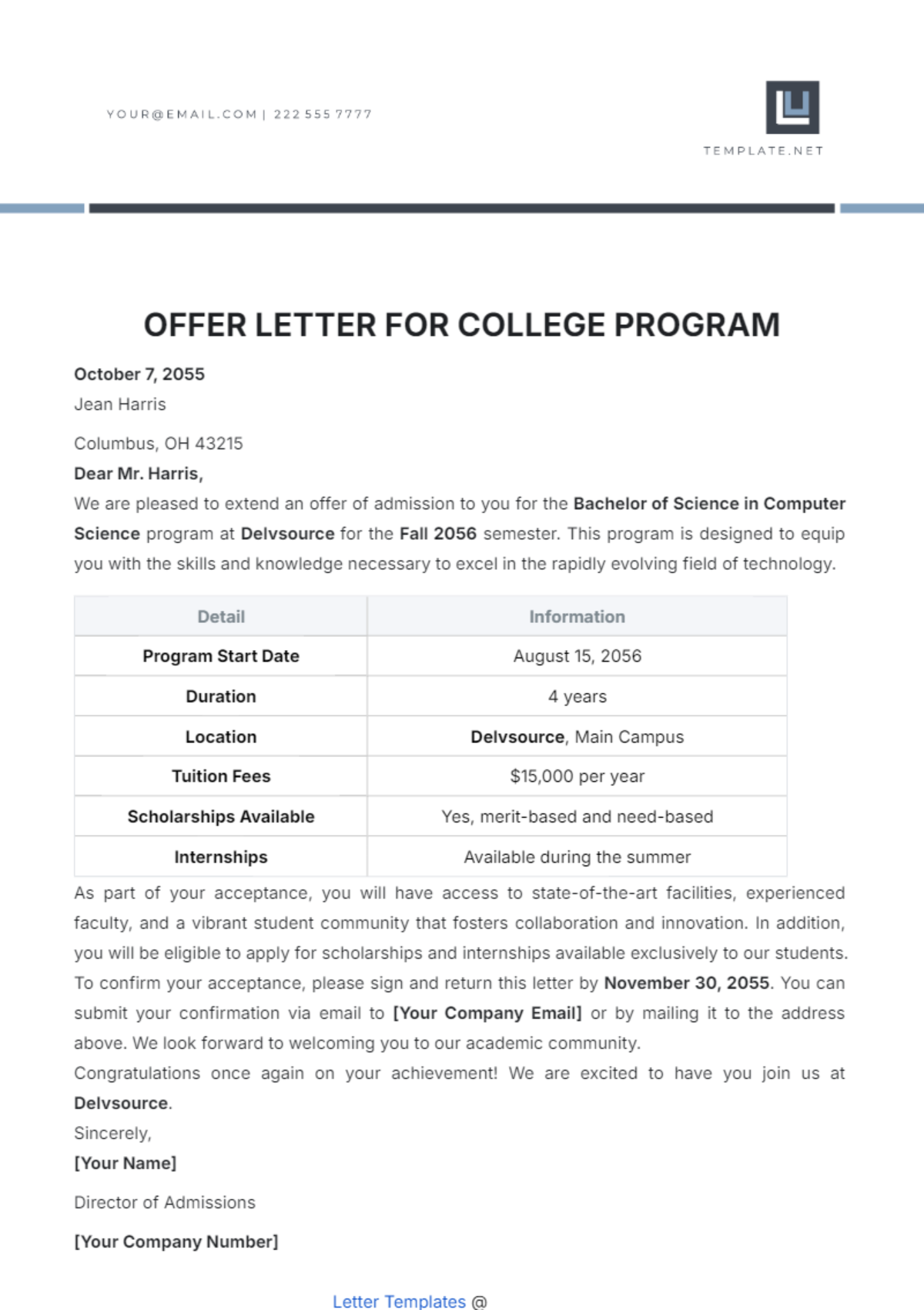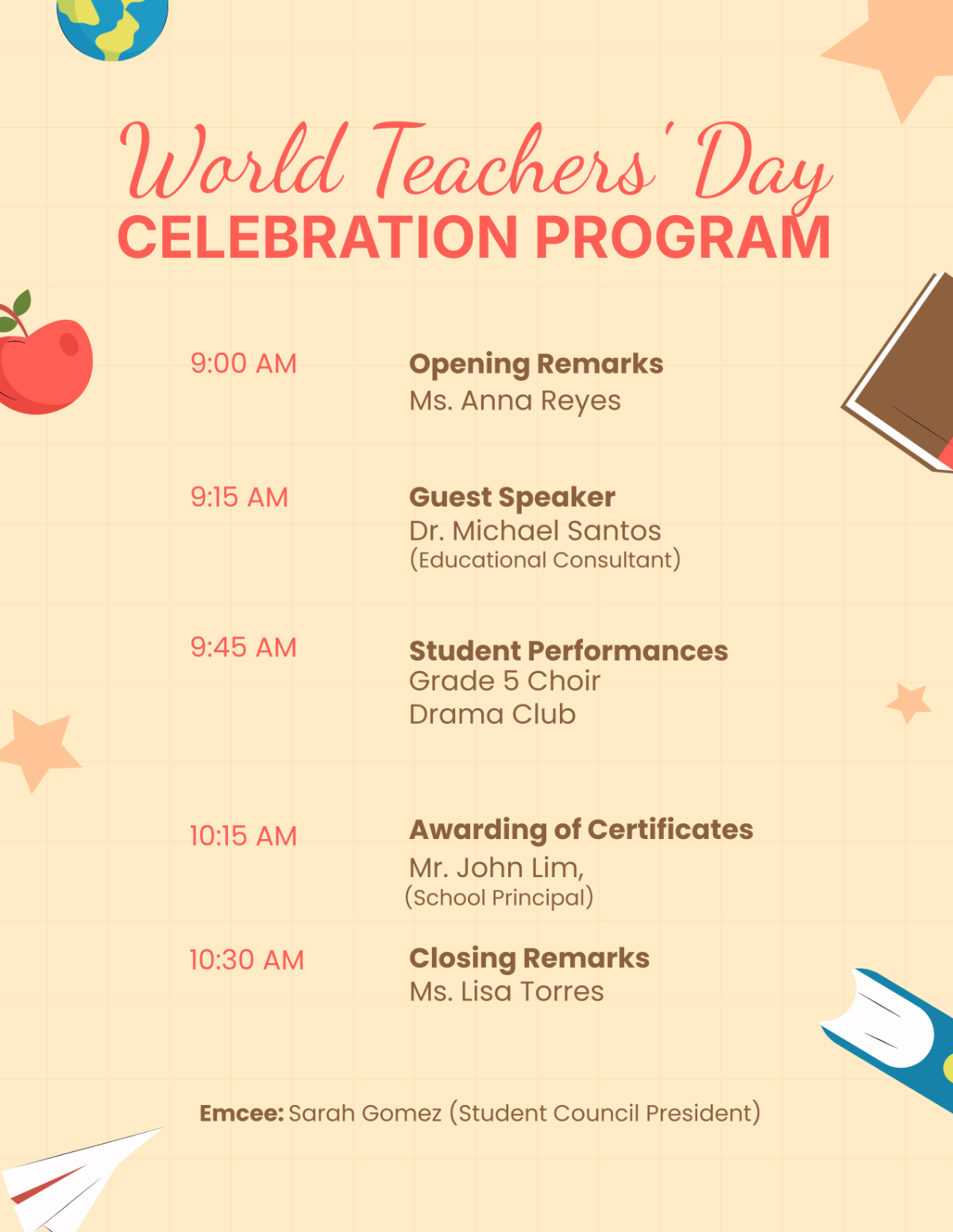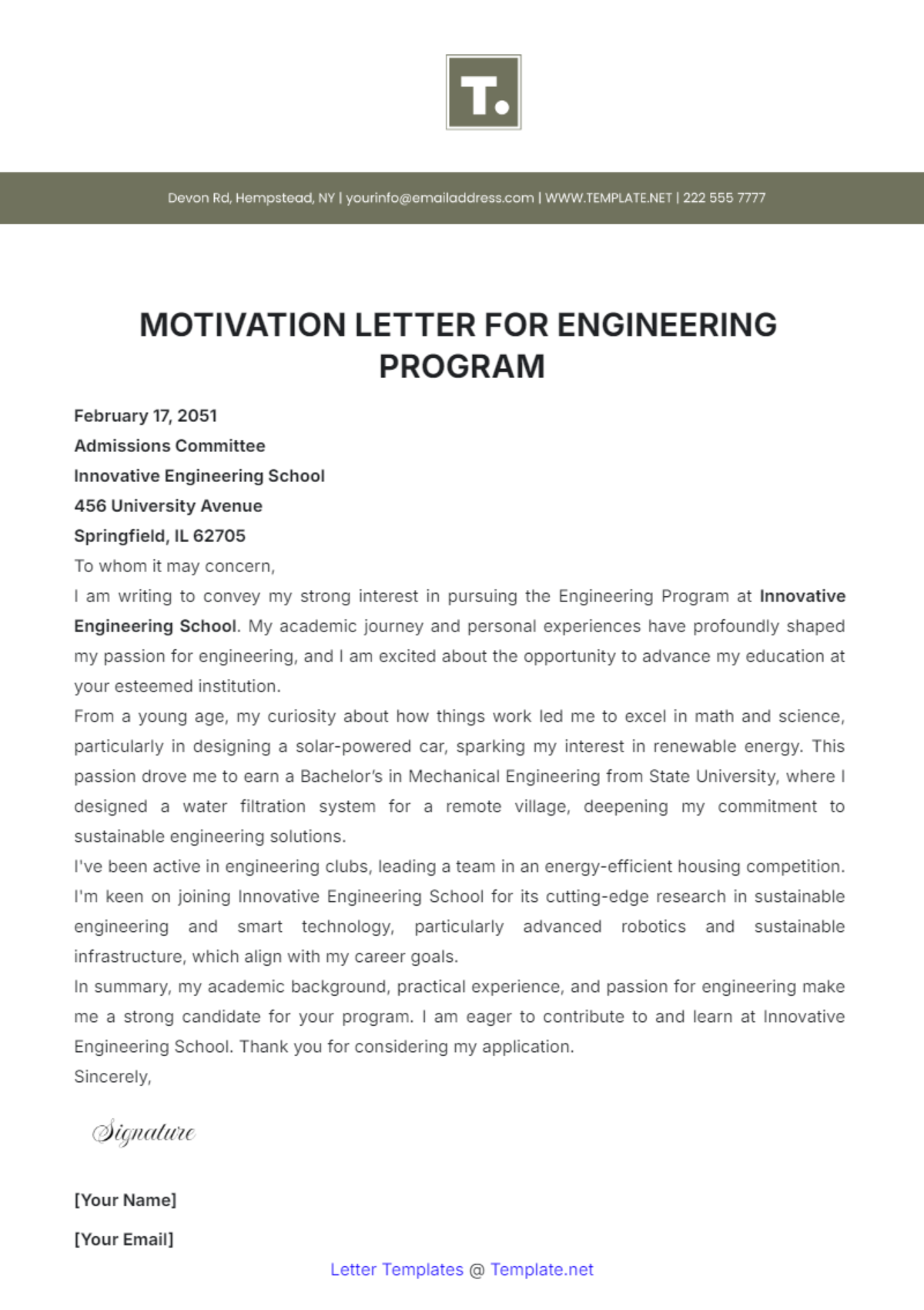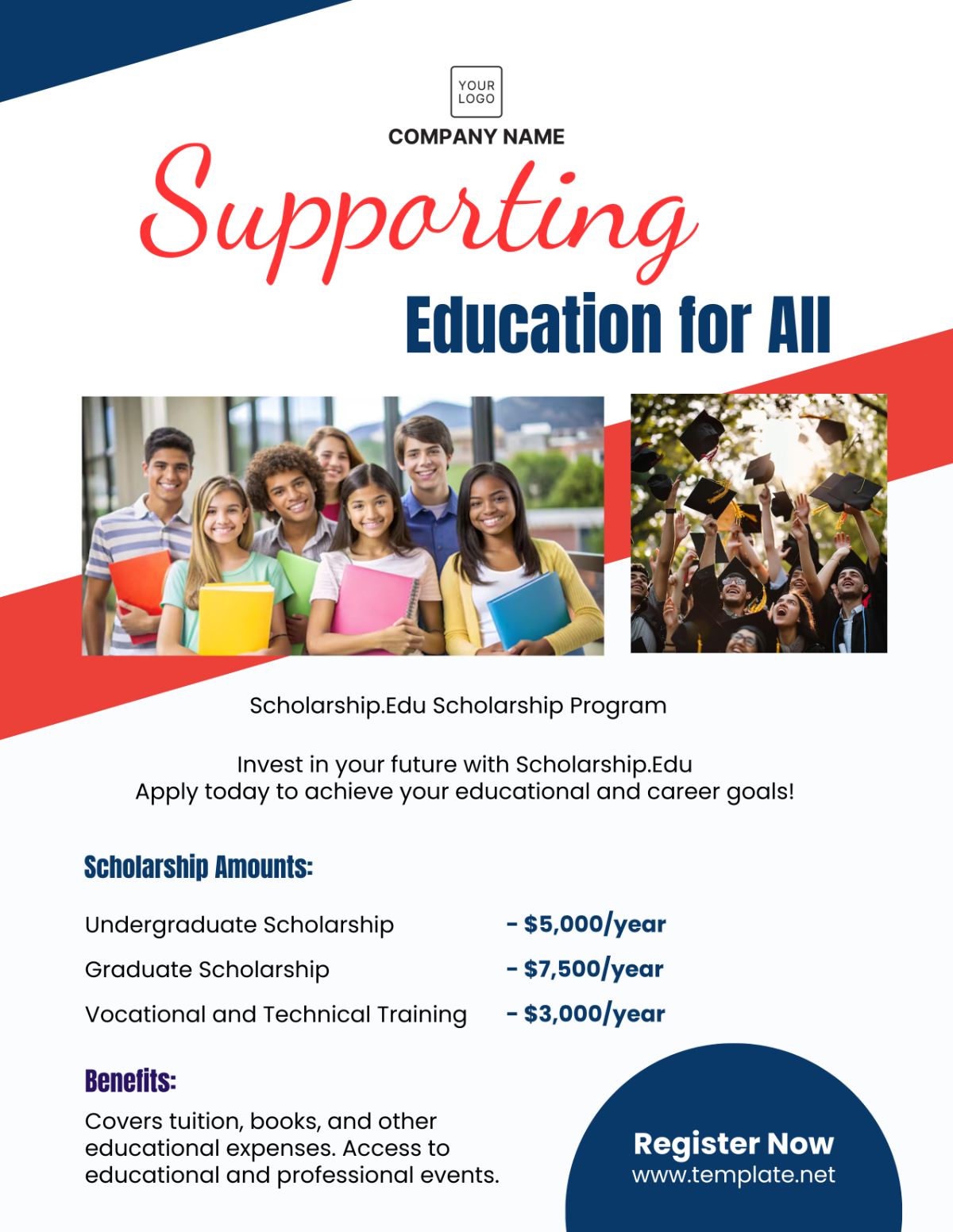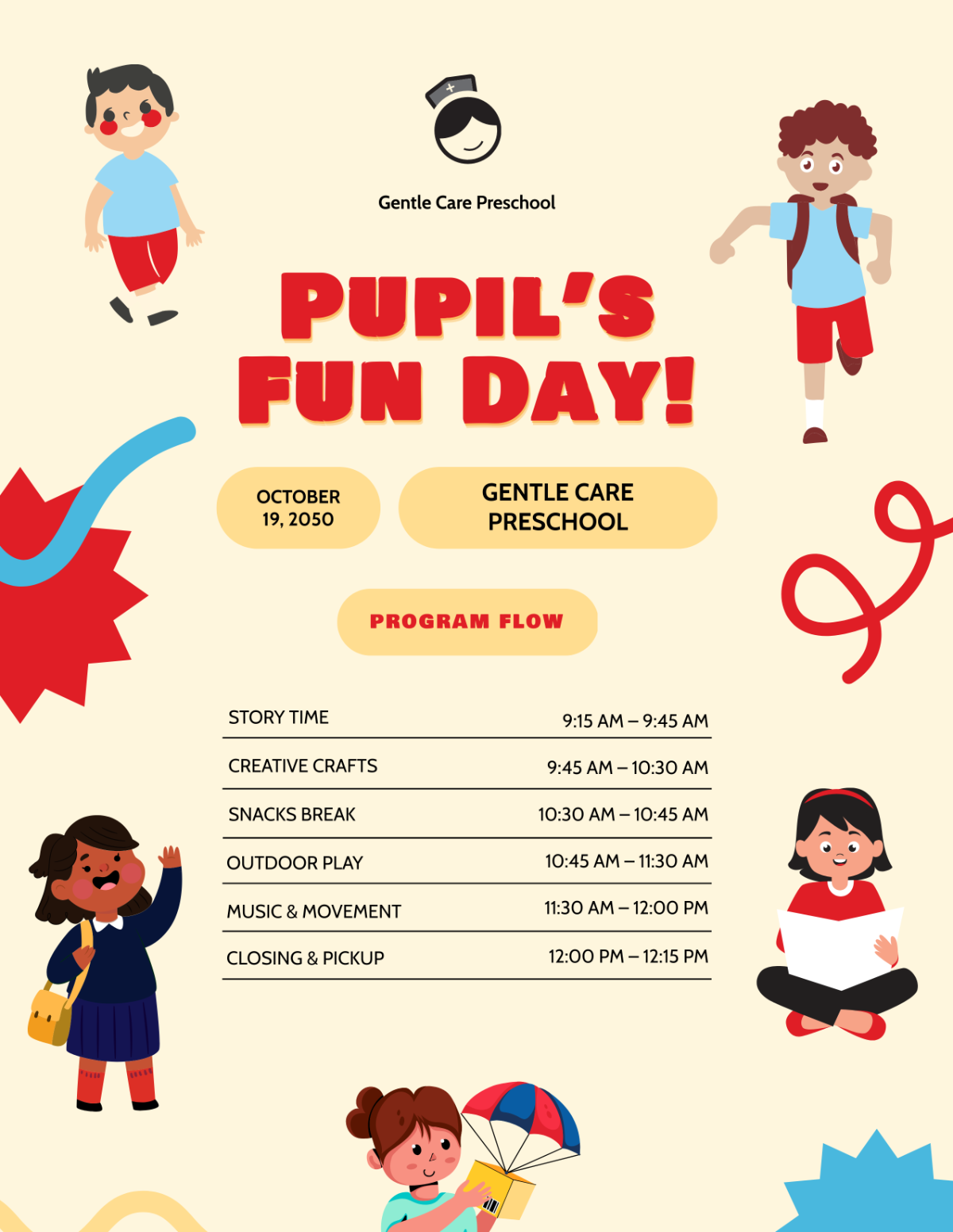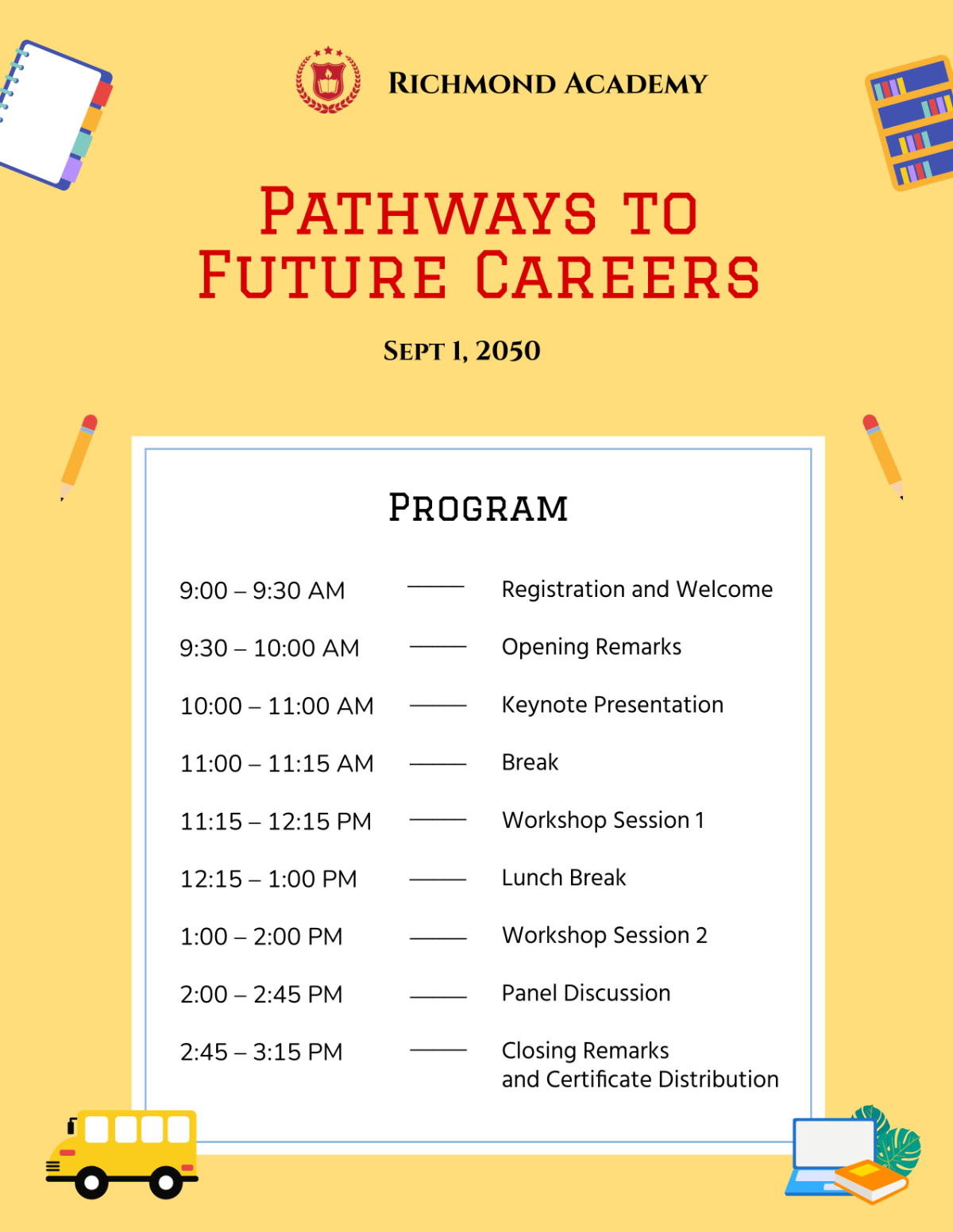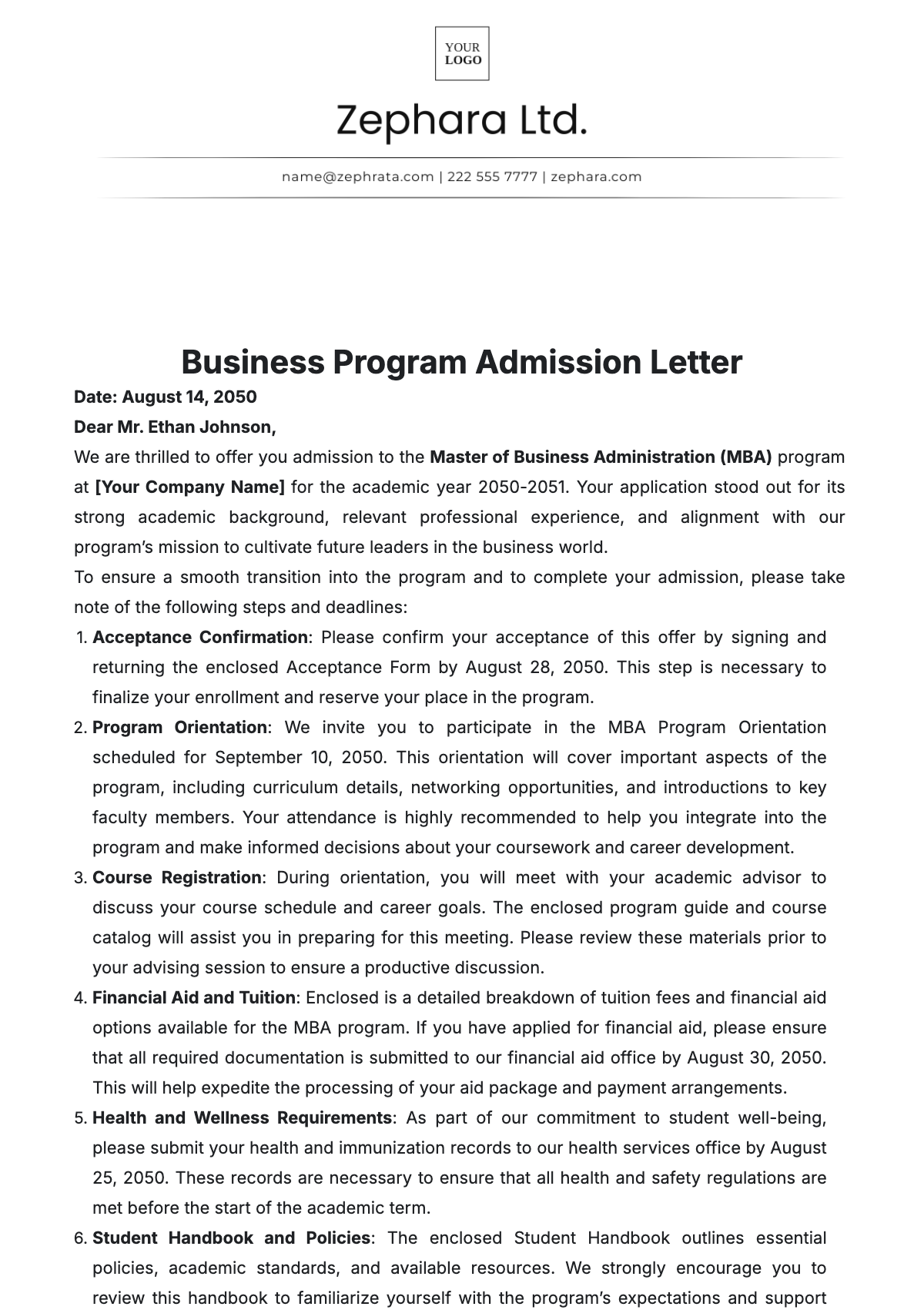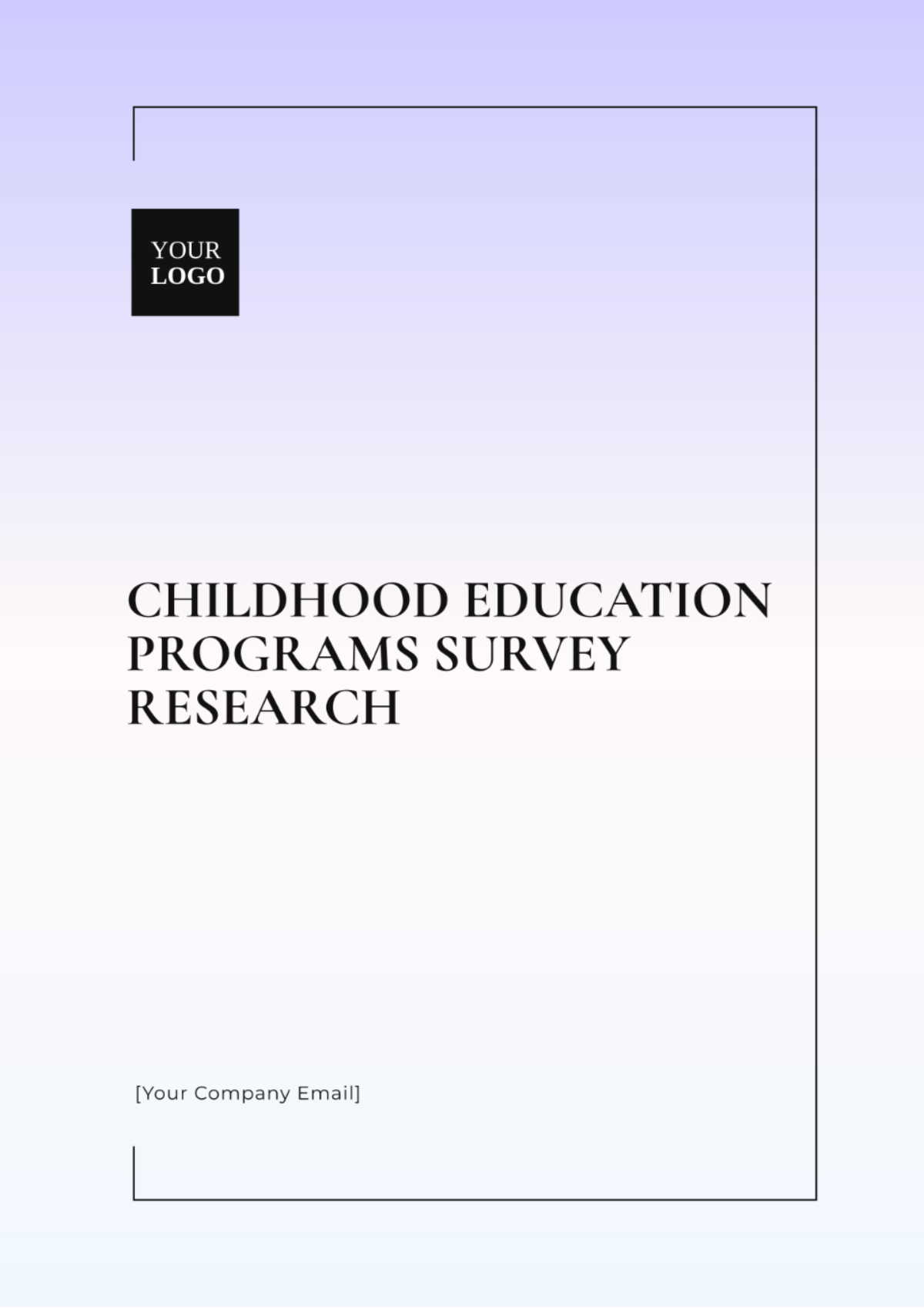Academic Program Project Specification
Prepared By: [Your Name]
I. Introduction
The objective of this project specification is to outline the requirements, scope, and deliverables for the development of an academic program. This document provides comprehensive guidelines to ensure the professional execution of each phase, implementation strategies, and performance evaluation metrics. The program aims to enhance students' educational experiences, foster innovation, and promote lifelong learning.
II. Project Overview
The academic program will focus on diverse disciplines with an interdisciplinary approach. It will integrate traditional curricula with modern innovations to cater to the evolving educational needs and industry demands. Below are the primary components and phases of the project:
Needs Assessment
Curriculum Design
Resource Allocation
Implementation and Monitoring
Evaluation and Feedback
III. Project Scope
The scope of the project encompasses the following activities:
Identifying educational needs and opportunities via surveys and consultations.
Designing a multidisciplinary curriculum that combines practical skills and theory.
The process of identifying and preparing qualified candidates to join the faculty.
The process of acquiring and distributing resources for educational purposes.
Implementation of the program across different academic levels and specializations.
Ongoing monitoring and evaluation for program effectiveness.
IV. Curriculum Design
A. Objectives
The curriculum design aims to equip students with essential competencies, critical thinking skills, and a holistic understanding of their field of study. The specific objectives are:
Enhance knowledge and expertise in the chosen discipline.
Promote interdisciplinary learning and collaboration.
Foster innovation and creativity.
Prepare students for real-world challenges and opportunities.
B. Structure
The academic program will be structured as follows:
Level | Core Courses | Elective Courses | Capstone Projects |
|---|---|---|---|
Undergraduate | 15 | 10 | 1 |
Graduate | 10 | 8 | 1 |
C. Content Delivery
The content will be delivered through various methods to accommodate different learning preferences and enhance engagement. These include:
Lectures and seminars
Laboratory and practical sessions
Online modules and webinars
Interactive workshops
Industry internships and field trips
V. Resource Allocation
A detailed resource allocation plan is essential for the successful implementation of the academic program. The plan includes:
A. Human Resources
Hiring experienced faculty and staff.
Organizing professional development and training sessions for existing personnel.
B. Financial Resources
Budgeting for course materials, digital tools, and laboratory equipment.
Securing funding through grants, partnerships, and institutional support.
C. Physical Resources
Upgrading existing facilities and building new infrastructure.
Ensuring state-of-the-art technology in classrooms and laboratories.
VI. Implementation and Monitoring
A. Project Timeline
The project will be implemented in phases over a defined timeline. Major milestones include:
Phase 1: Needs assessment and stakeholder consultations (Months 1-3)
Phase 2: Curriculum design and approval (Month 4-6)
Phase 3: Resource allocation and hiring (Months 7-9)
Phase 4: Program implementation (Month 10-24)
Phase 5: Continuous monitoring and mid-term review (Months 25-36)
B. Monitoring Tools
Effective monitoring of the program will be achieved through:
Regular progress reports and meetings.
Feedback from students and faculty.
Performance metrics and KPIs.
External audits and reviews.
VII. Evaluation and Feedback
Post-implementation evaluation is critical for assessing the program's success and identifying areas for improvement. The evaluation process will include:
A. Performance Metrics
Student enrollment and retention rates.
Graduation rates and employability statistics.
Academic performance and learning outcomes.
Faculty performance assessments.
B. Feedback Mechanisms
To ensure continuous improvement, feedback will be collected through various channels:
Anonymous student surveys and questionnaires.
Focus group discussions with faculty and staff.
Consultations with industry partners and alumni.
VIII. Conclusion
In conclusion, this academic program project specification outlines a comprehensive plan to design, implement, and evaluate an innovative educational program. By adhering to the specified guidelines and leveraging available resources, the program aims to provide an enriching academic experience, meet industry standards, and prepare students for future challenges.
